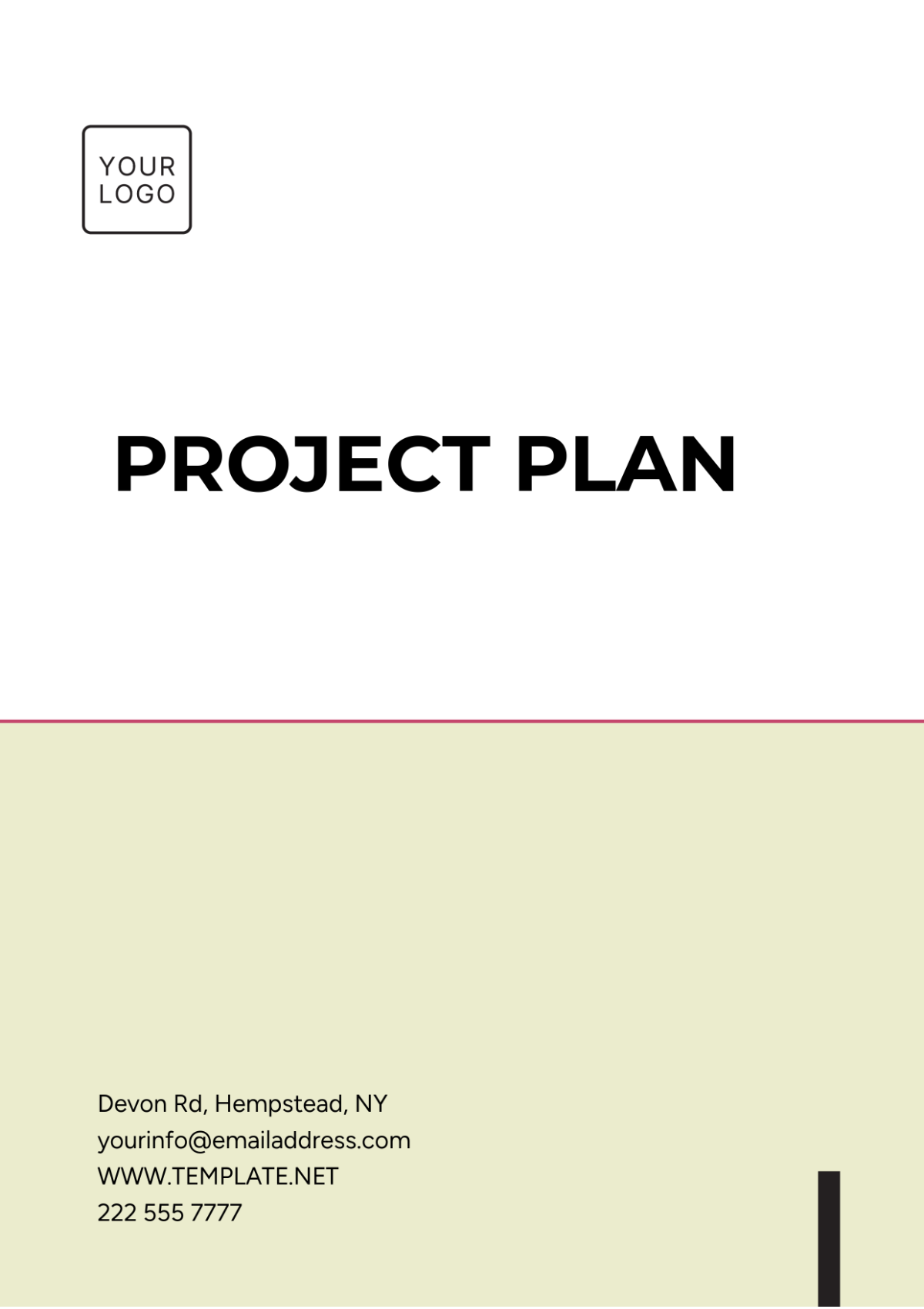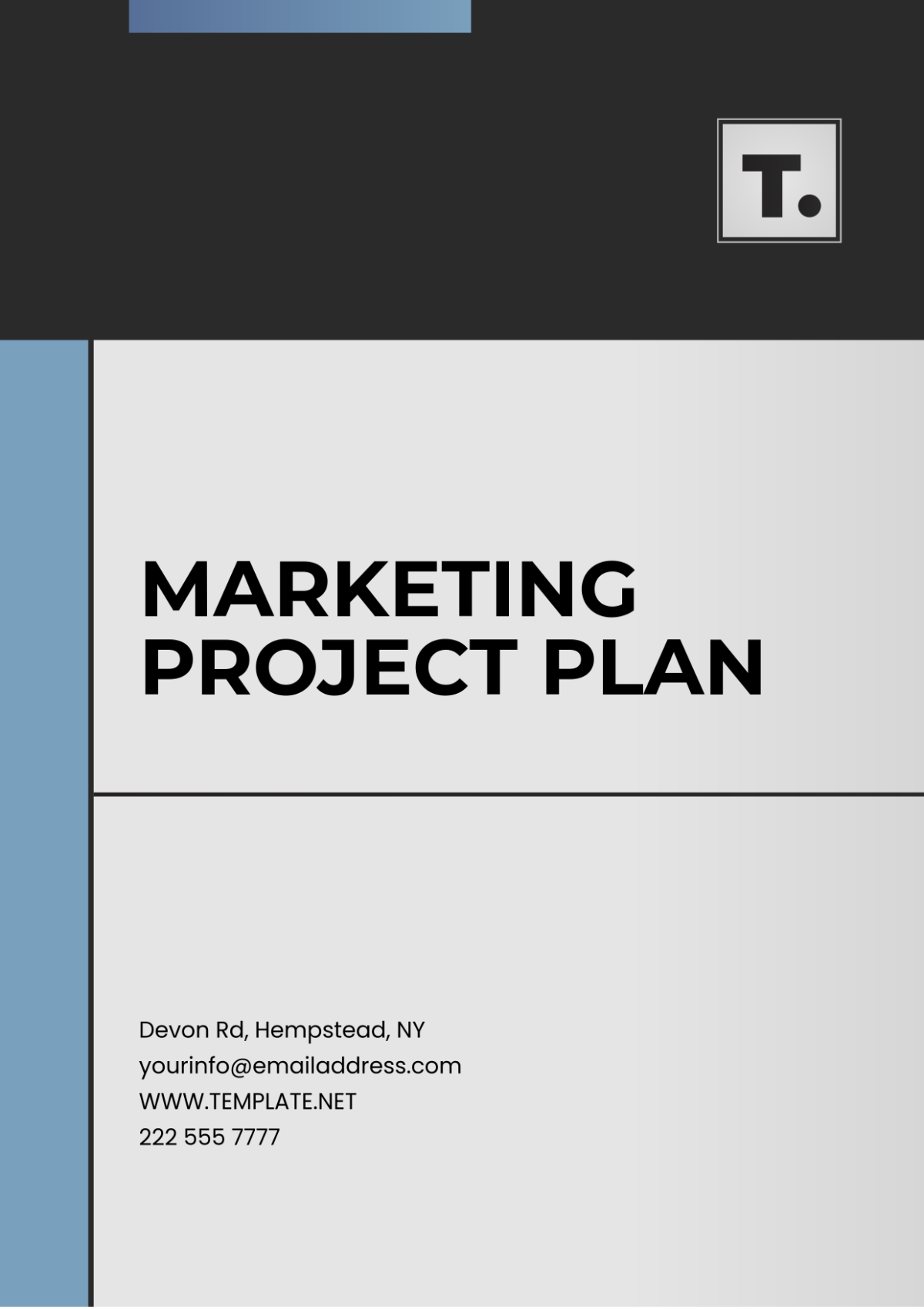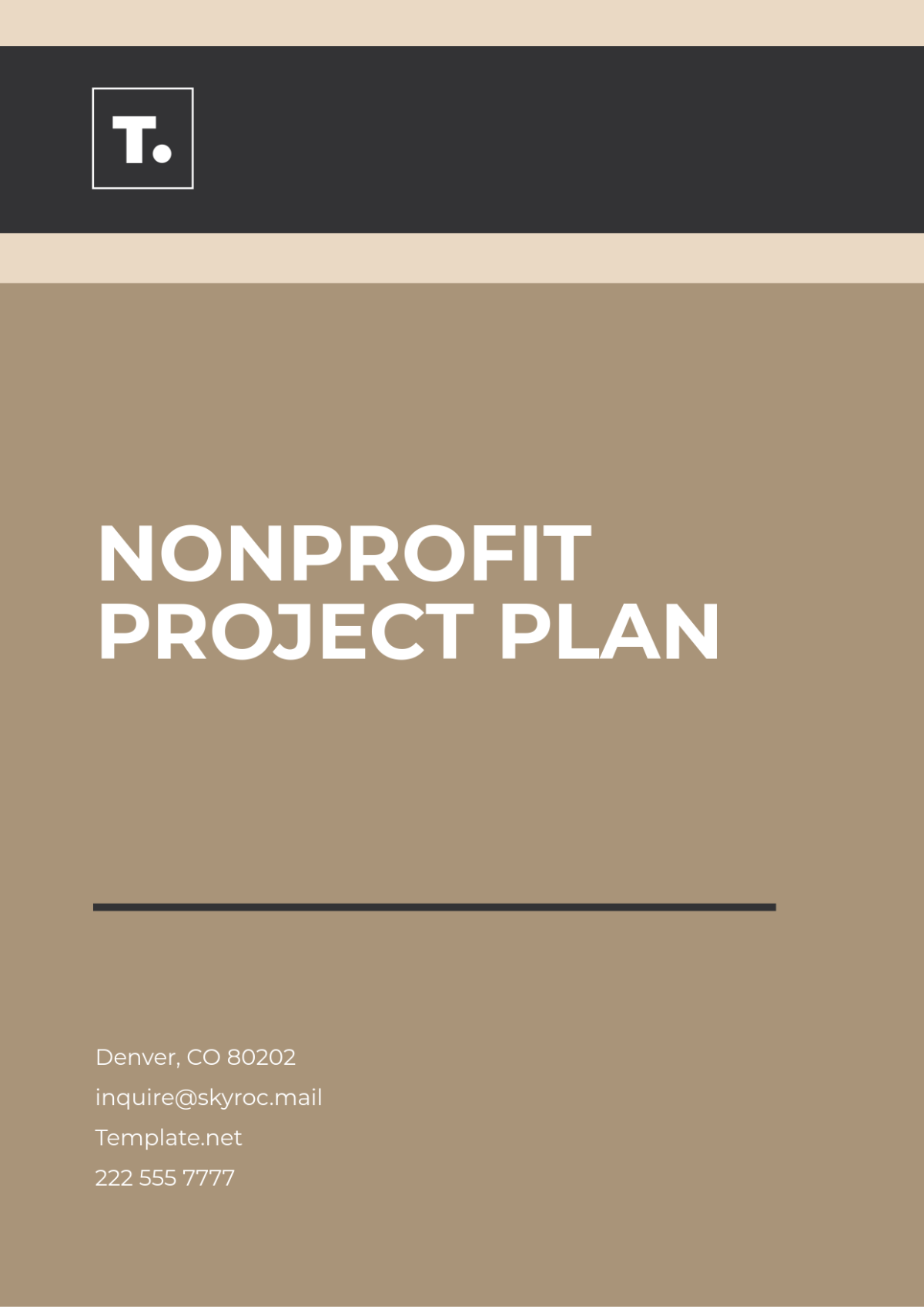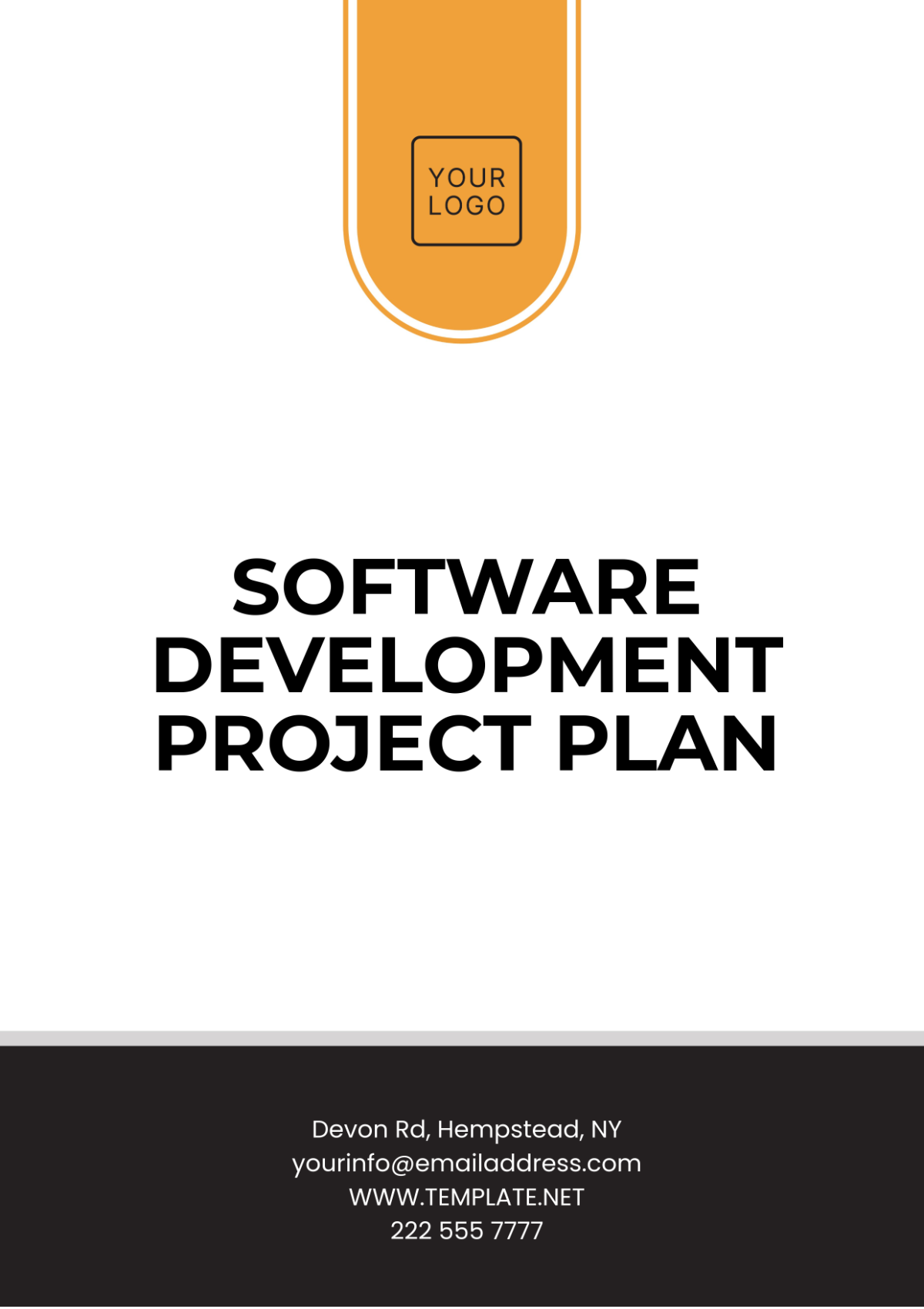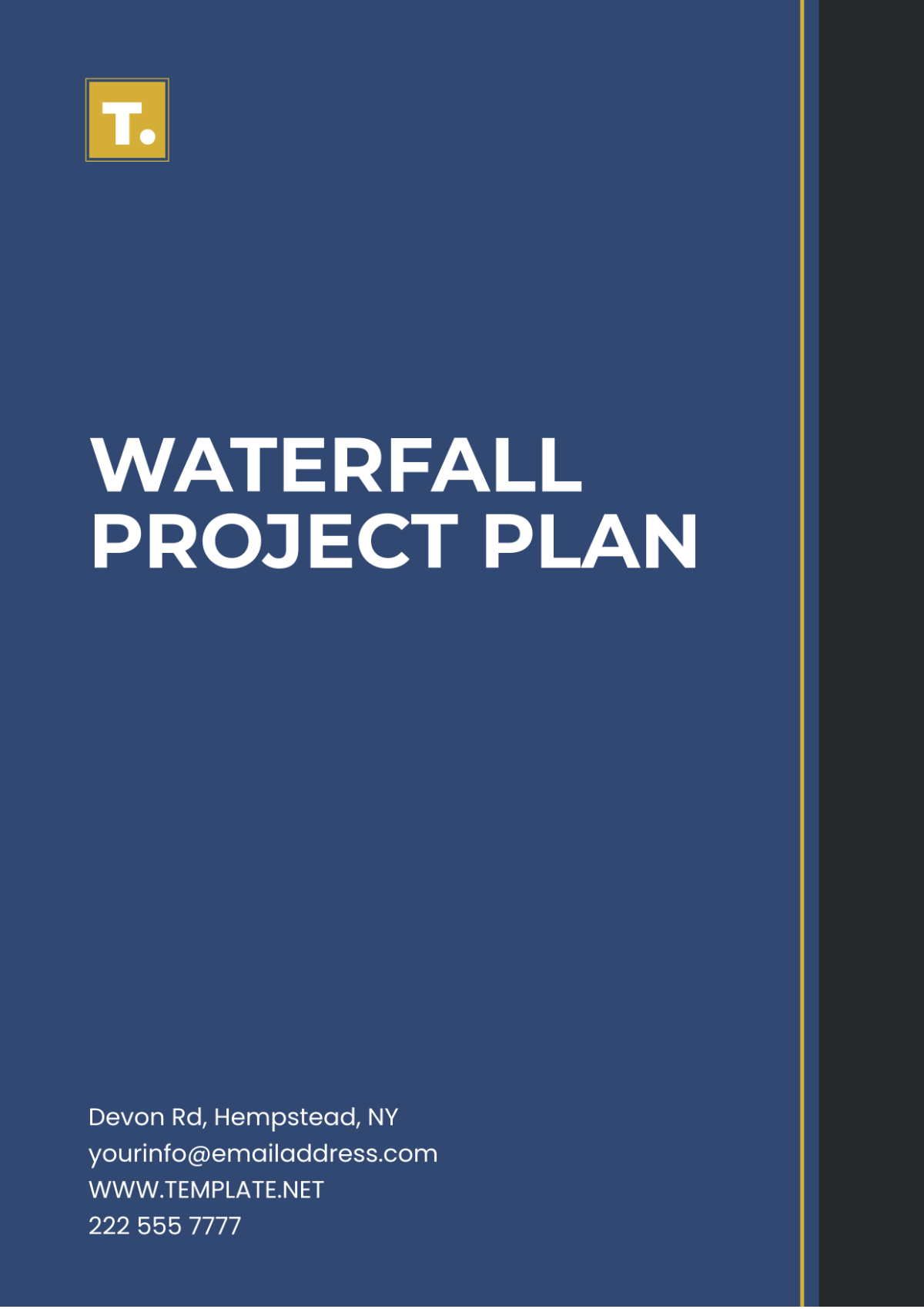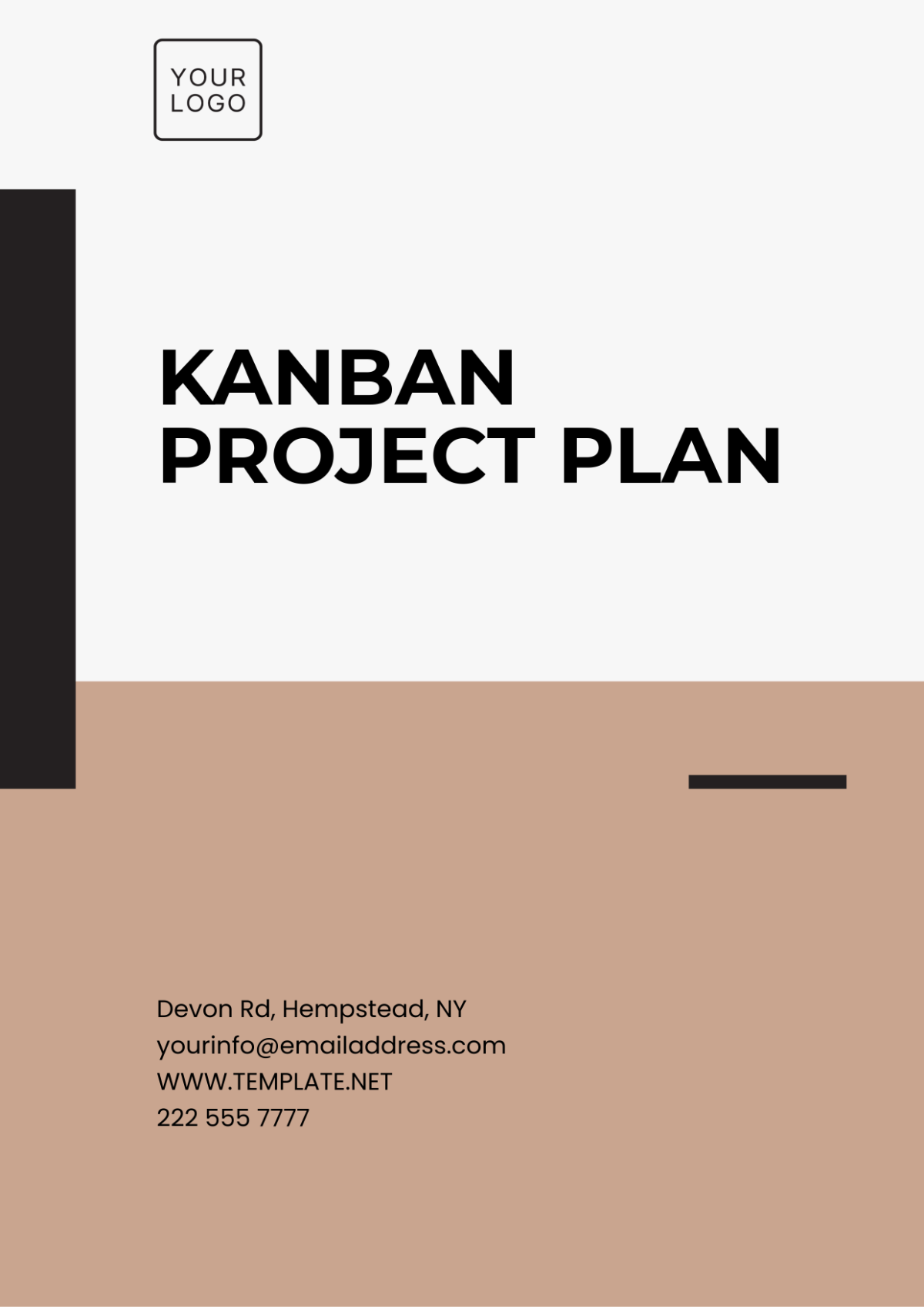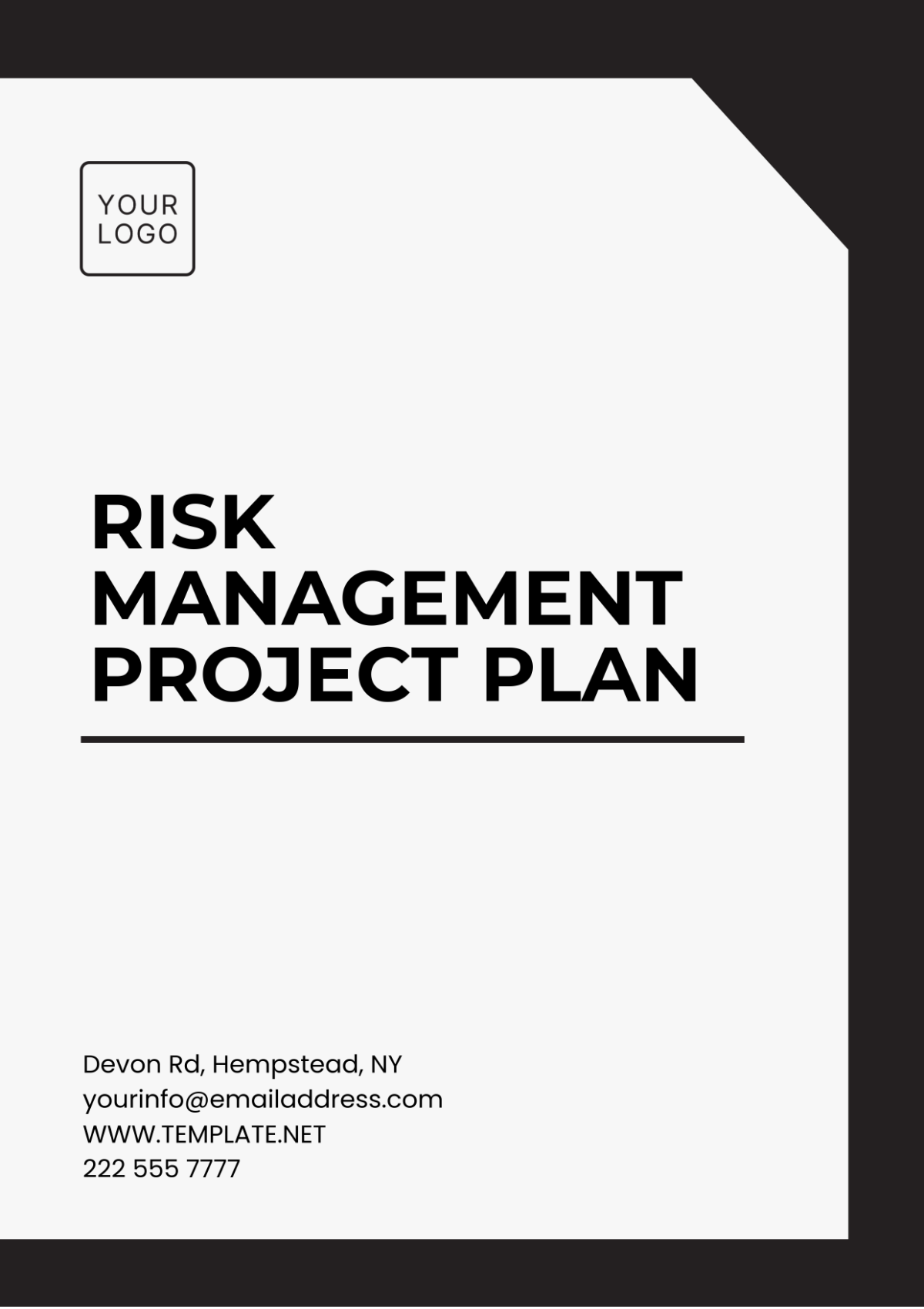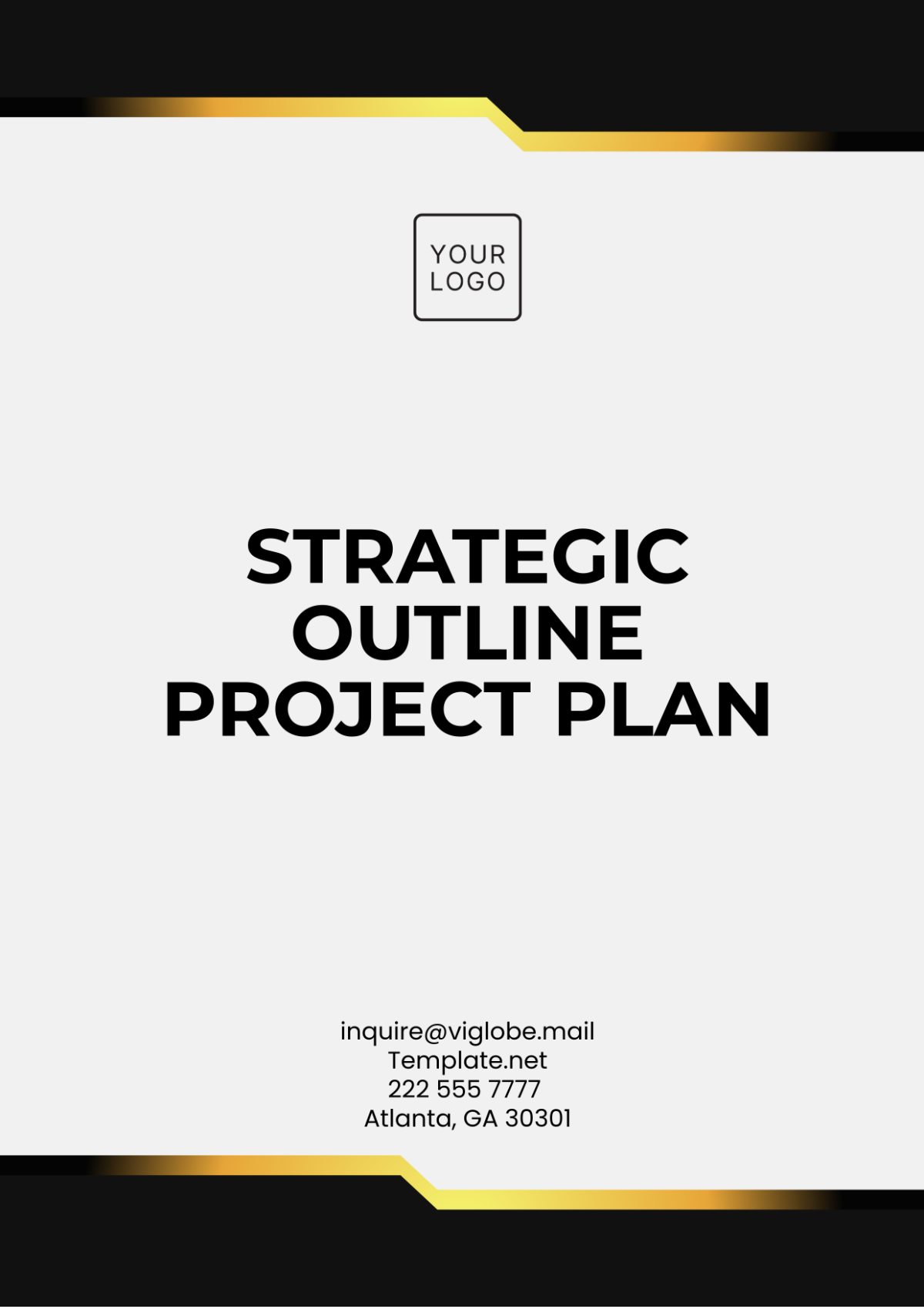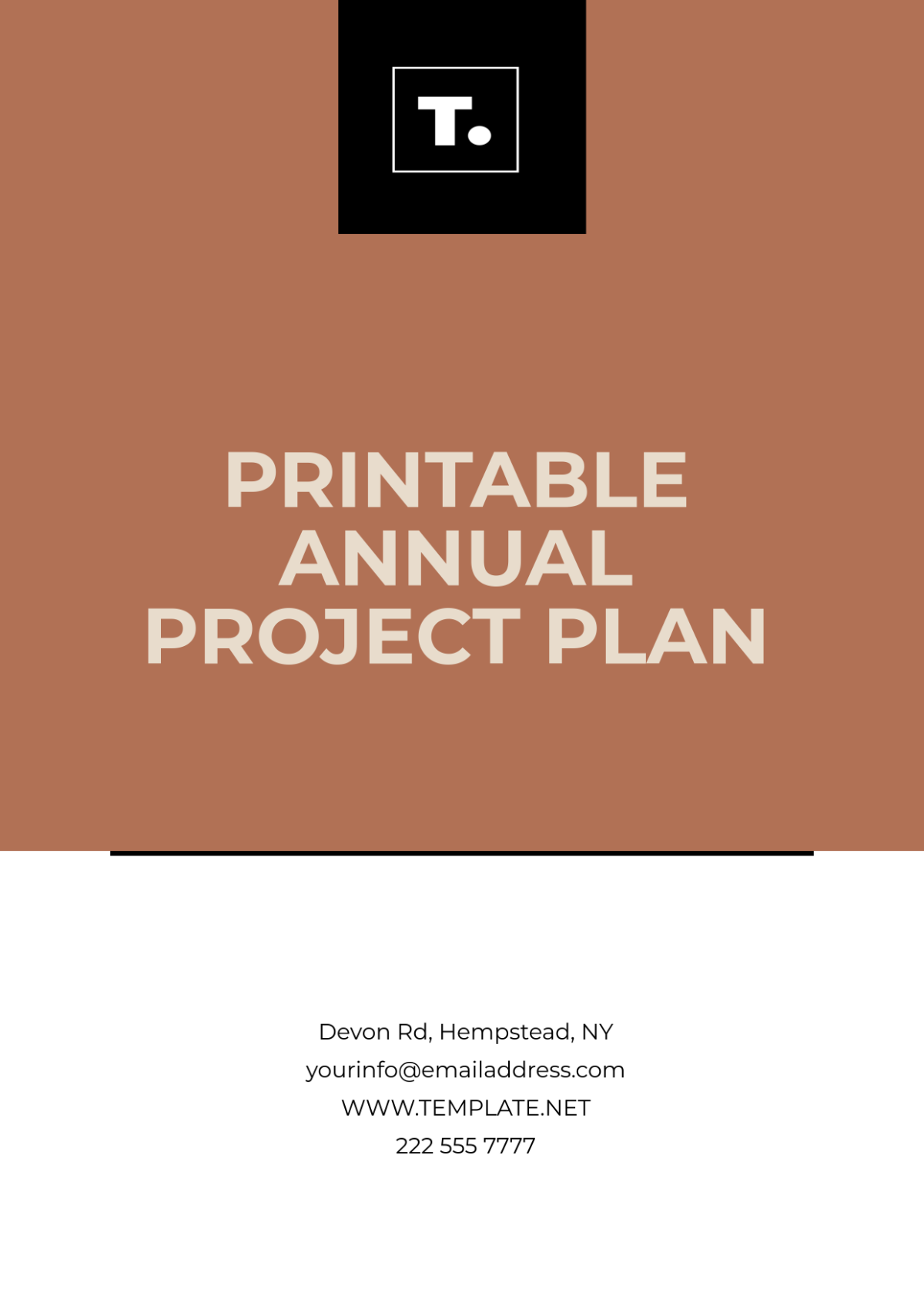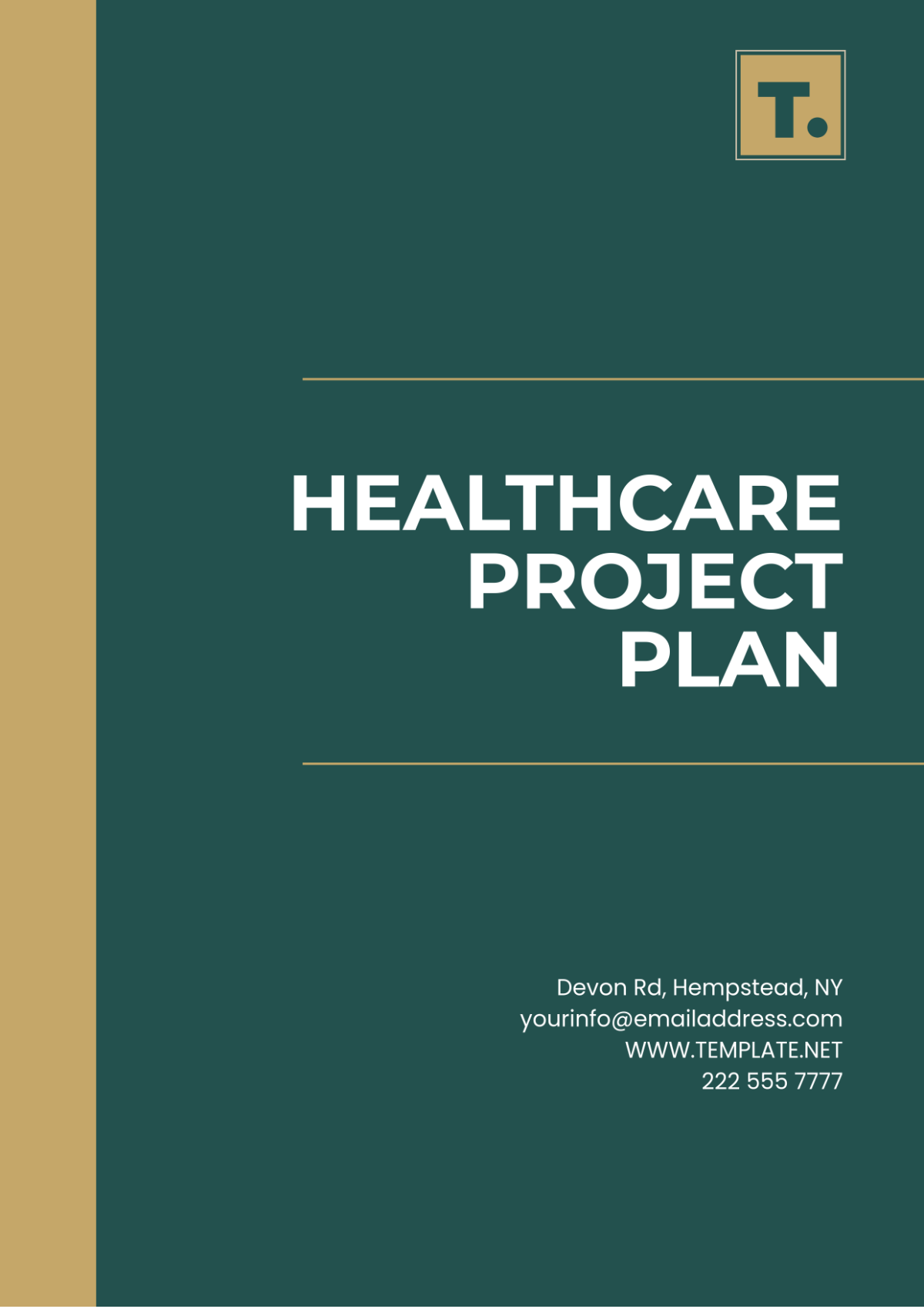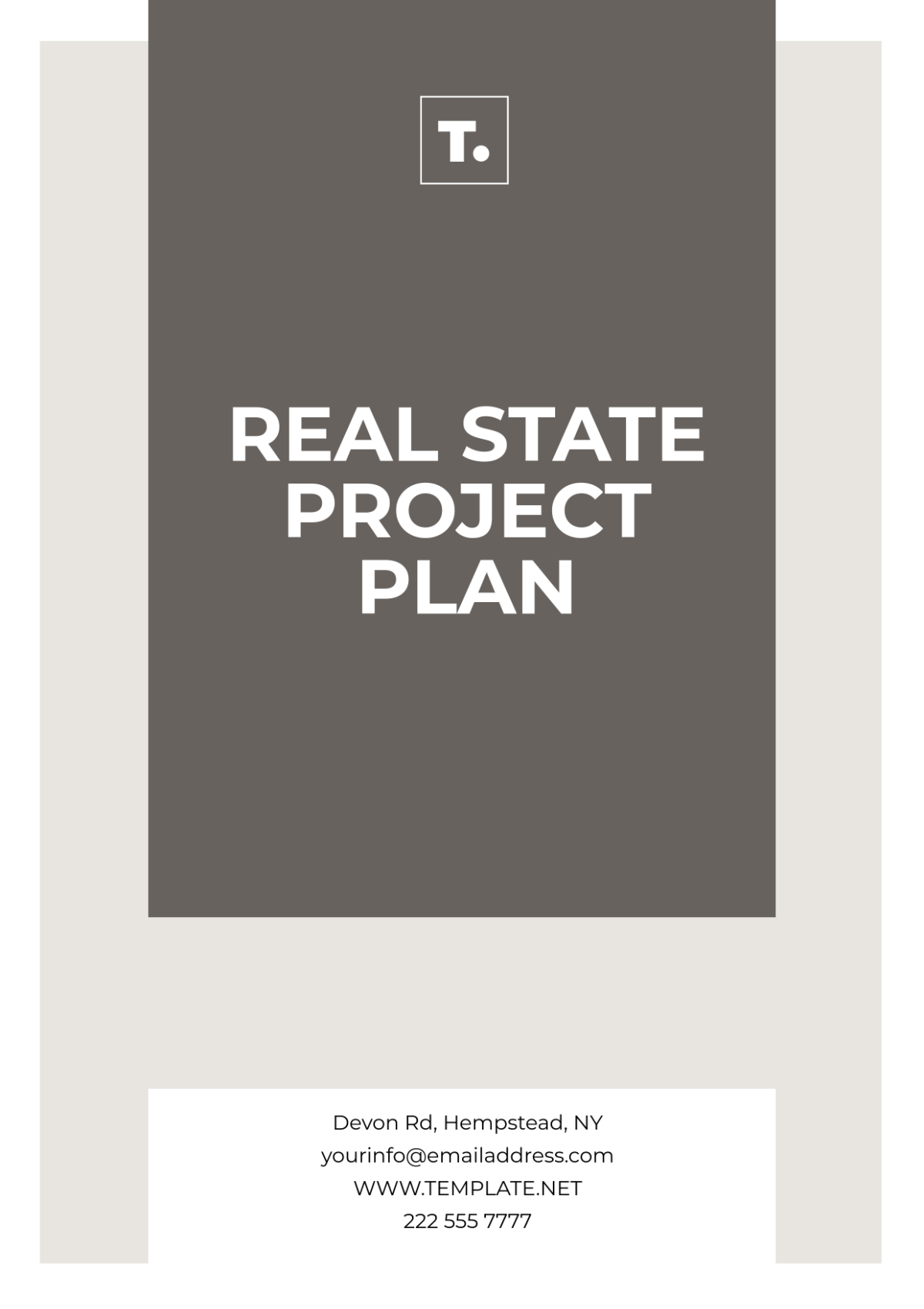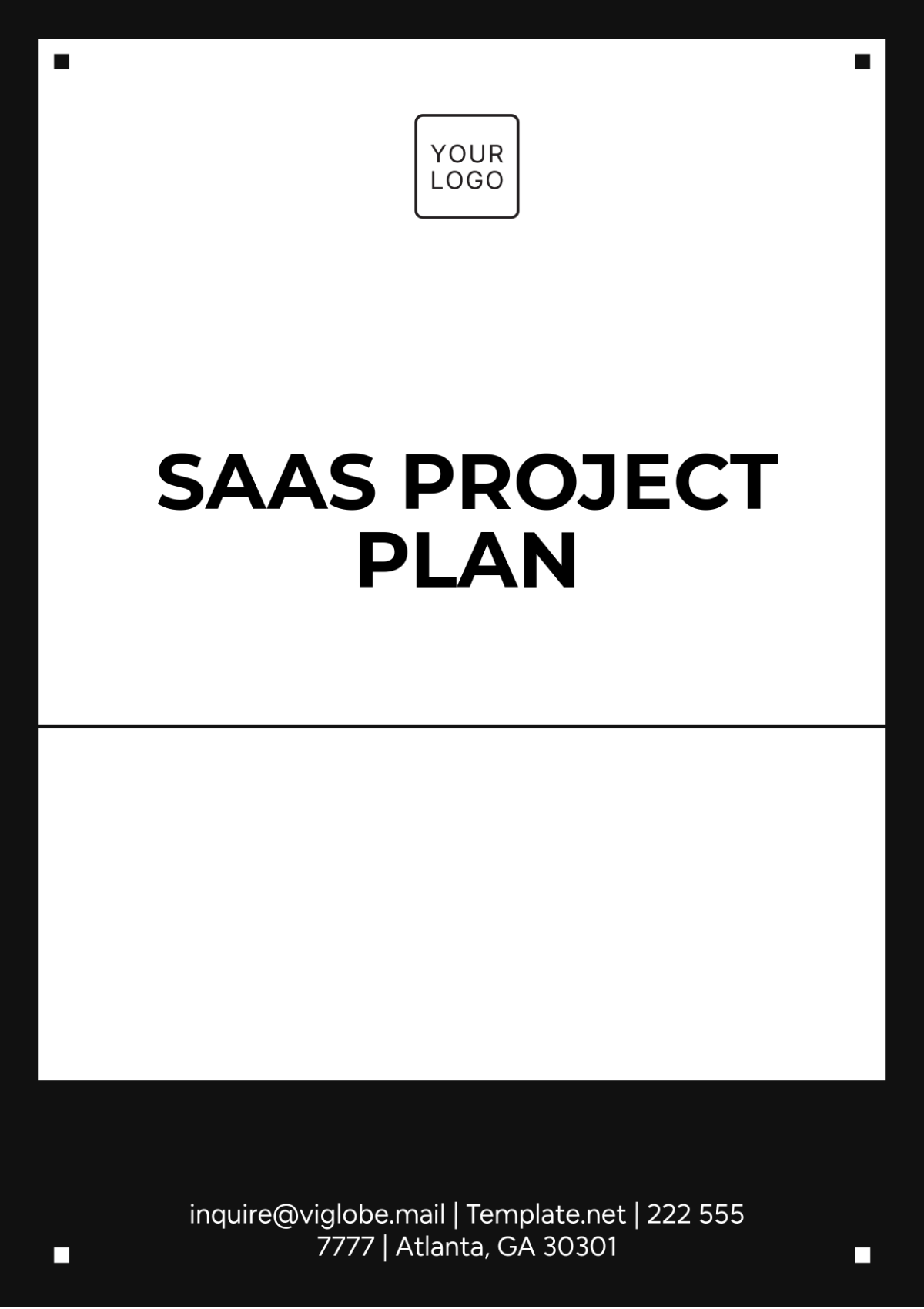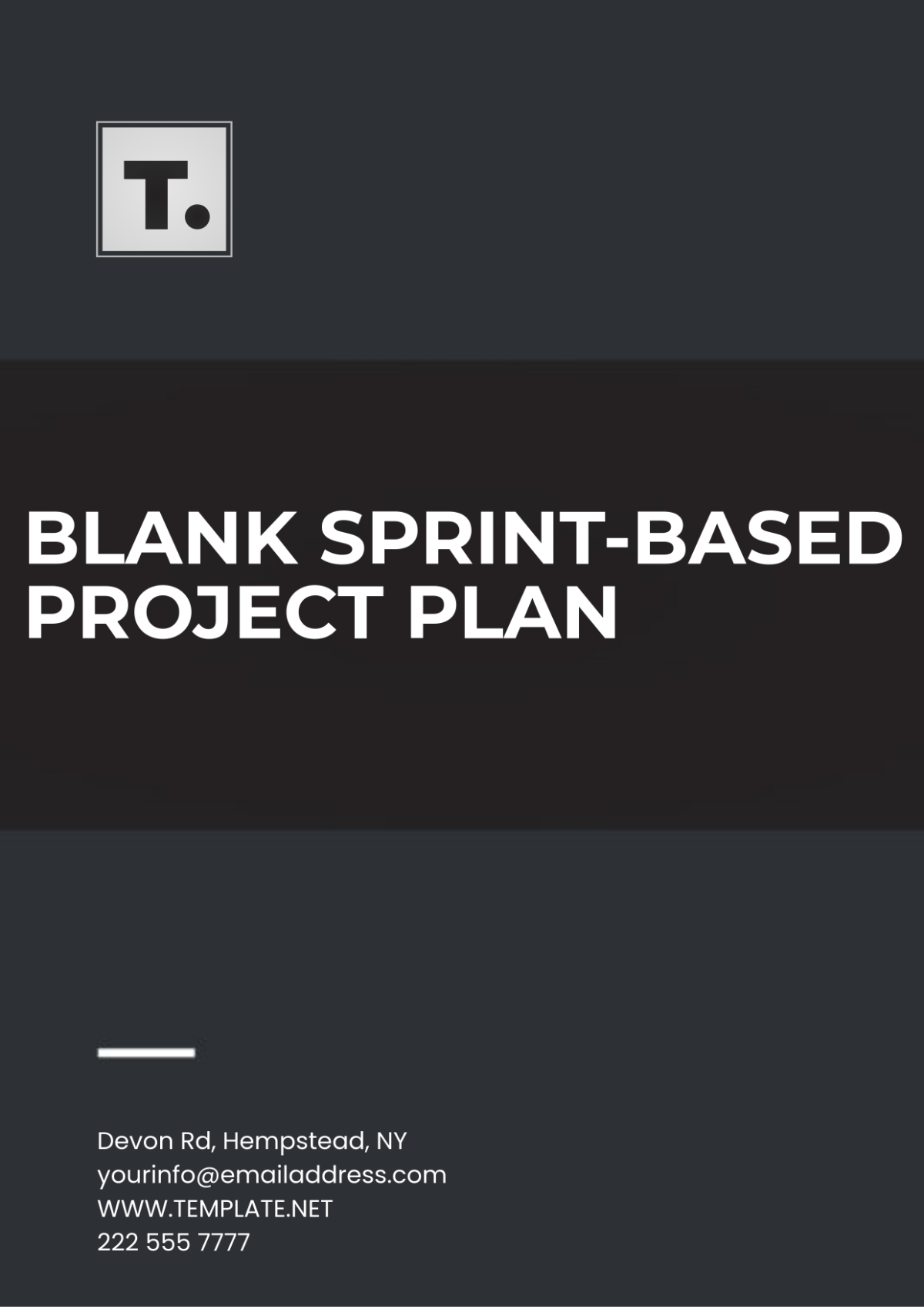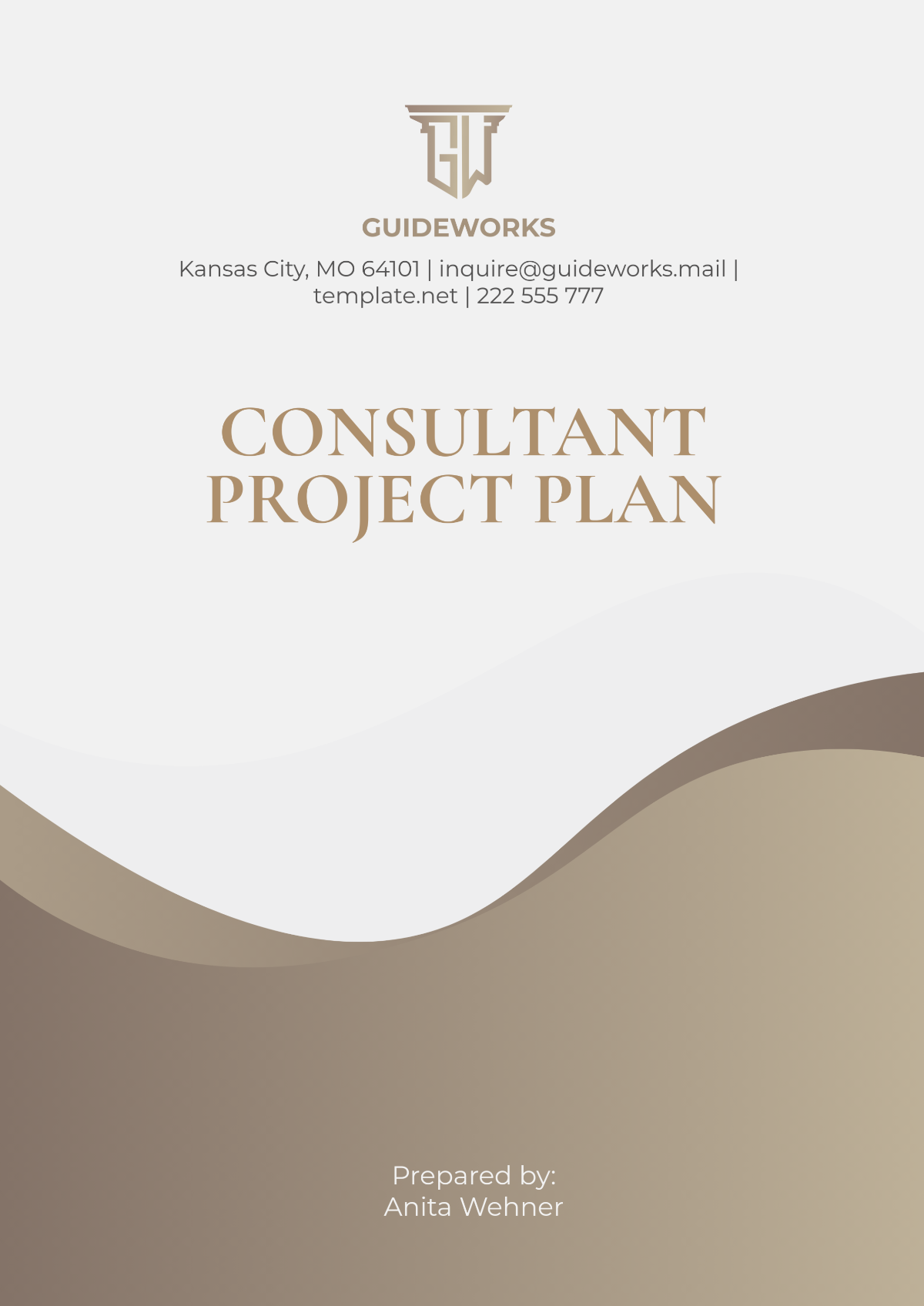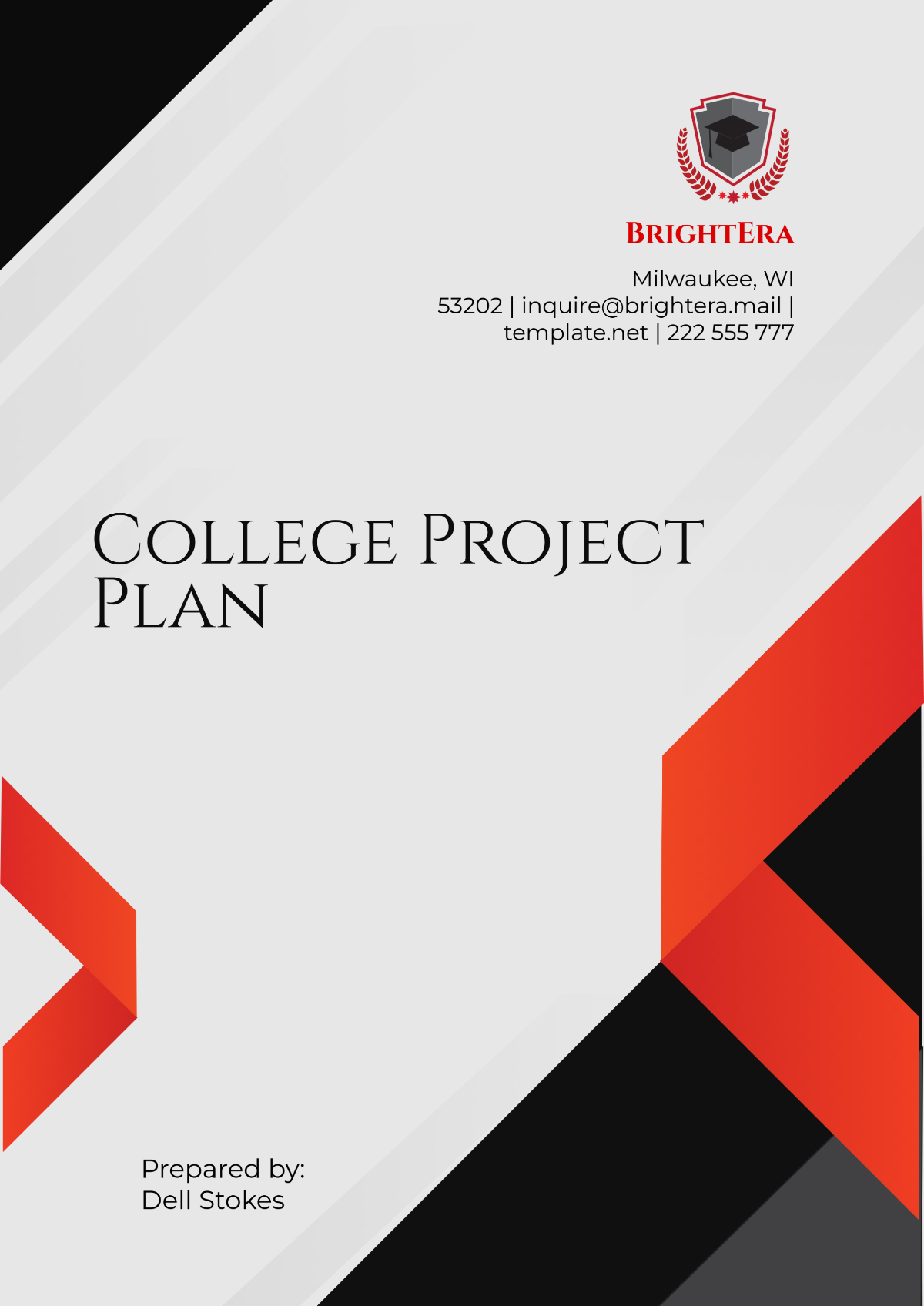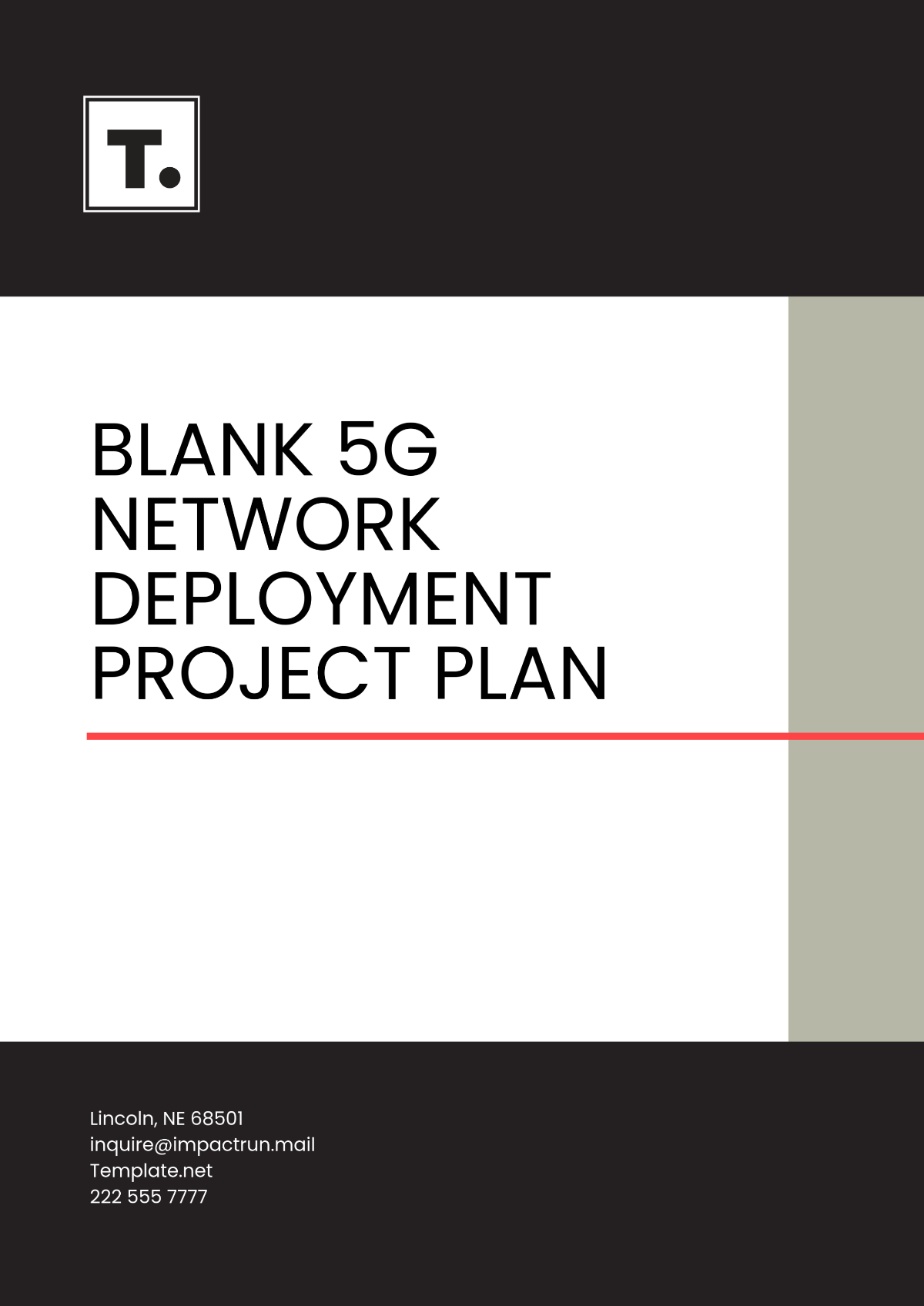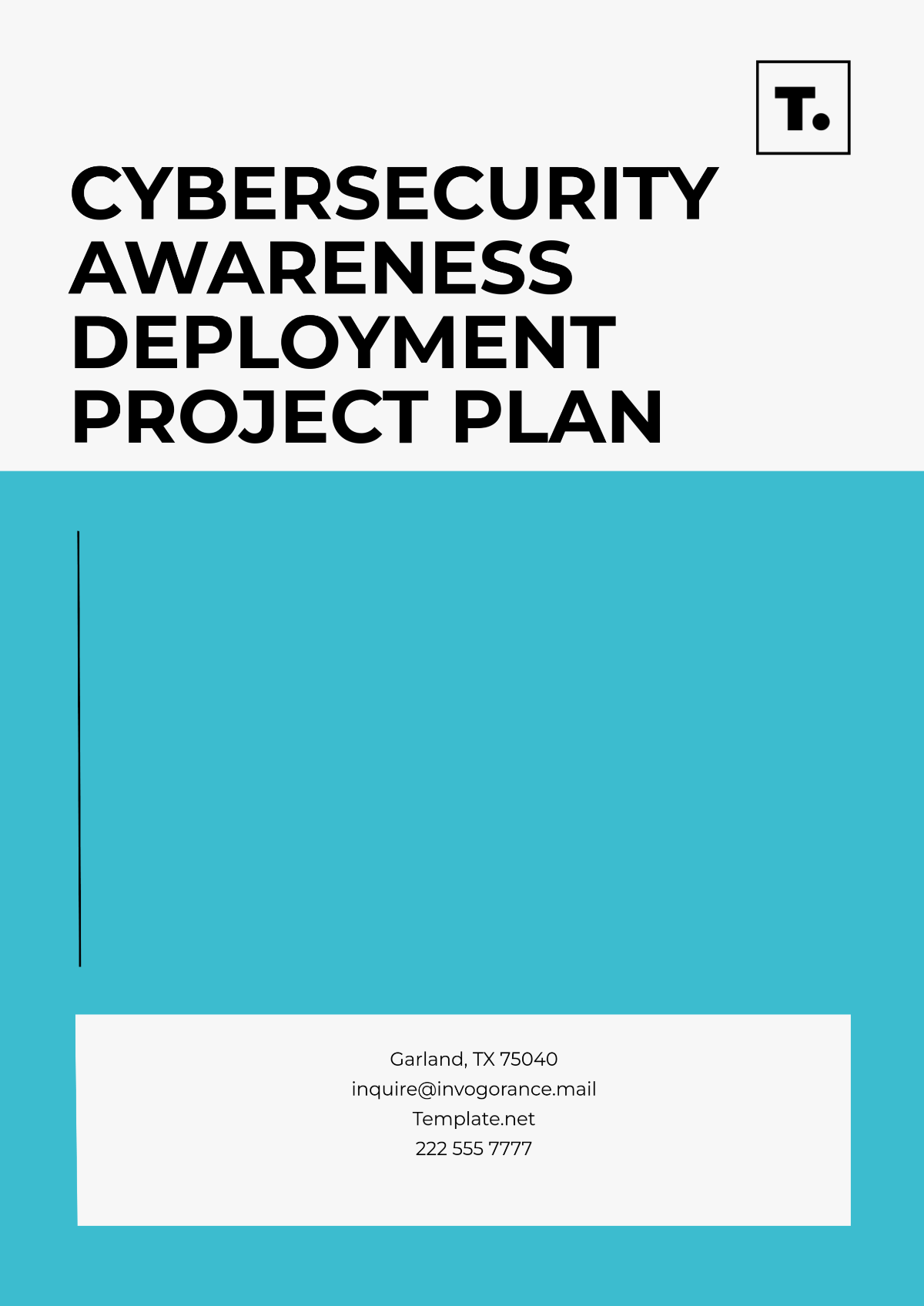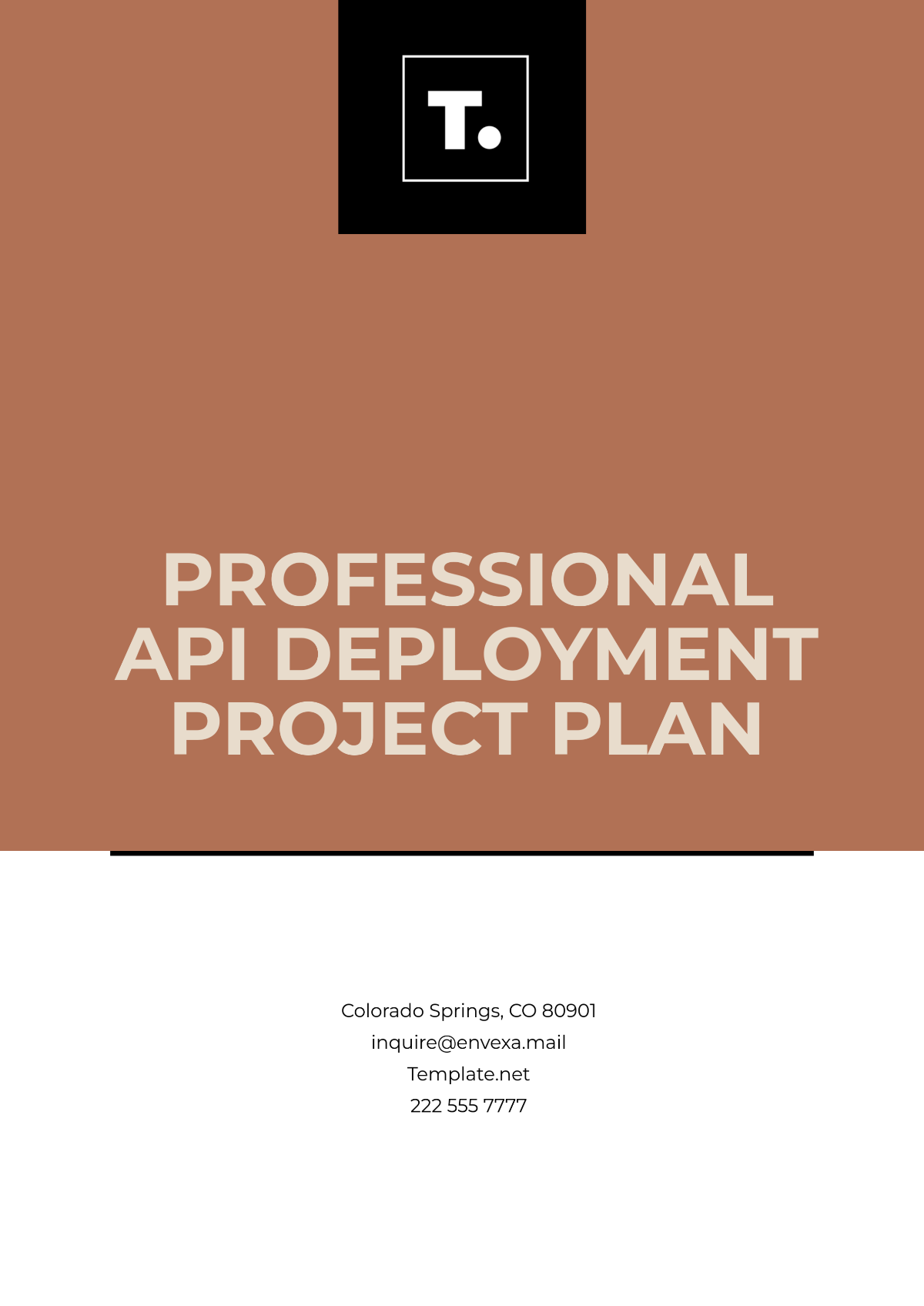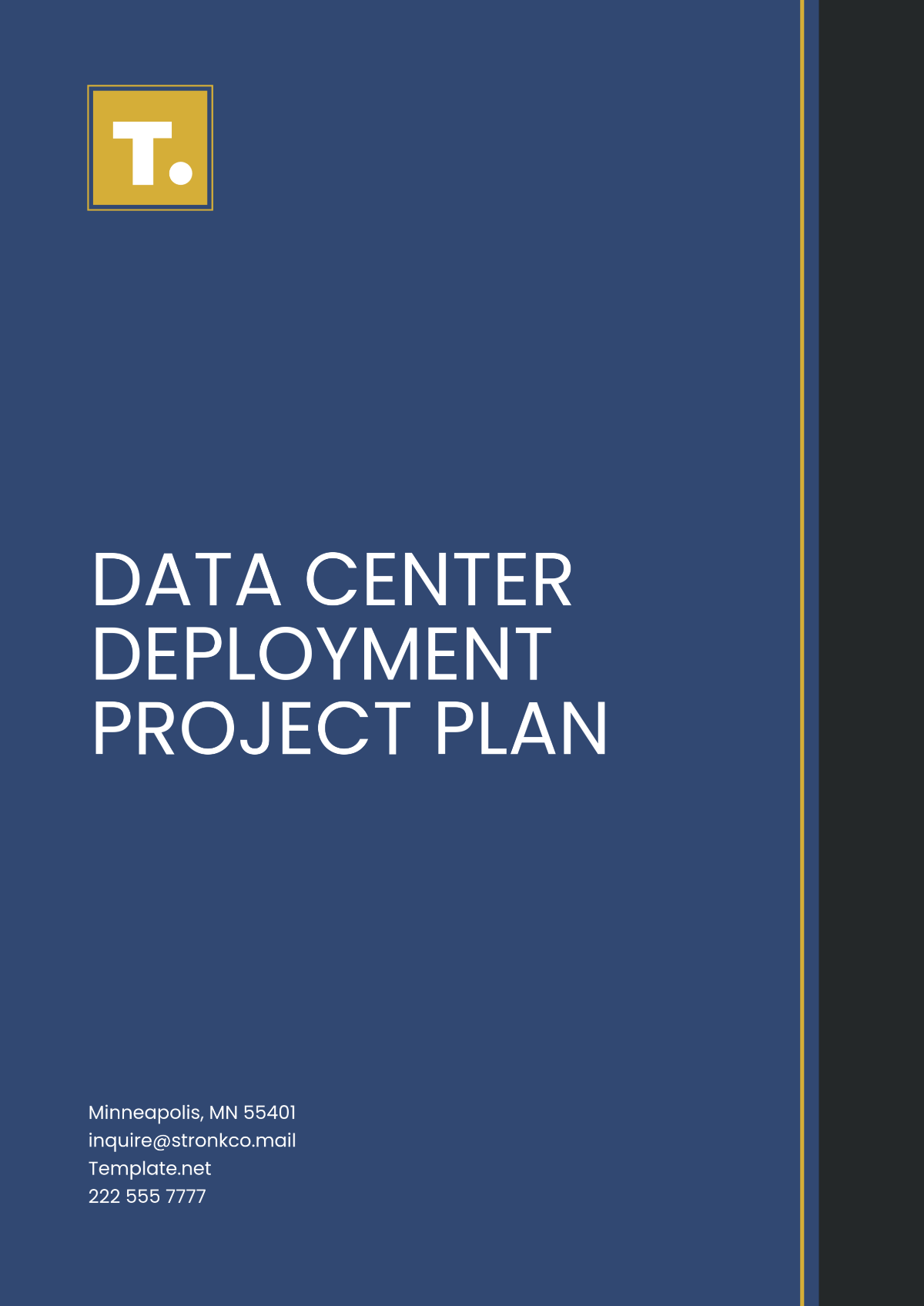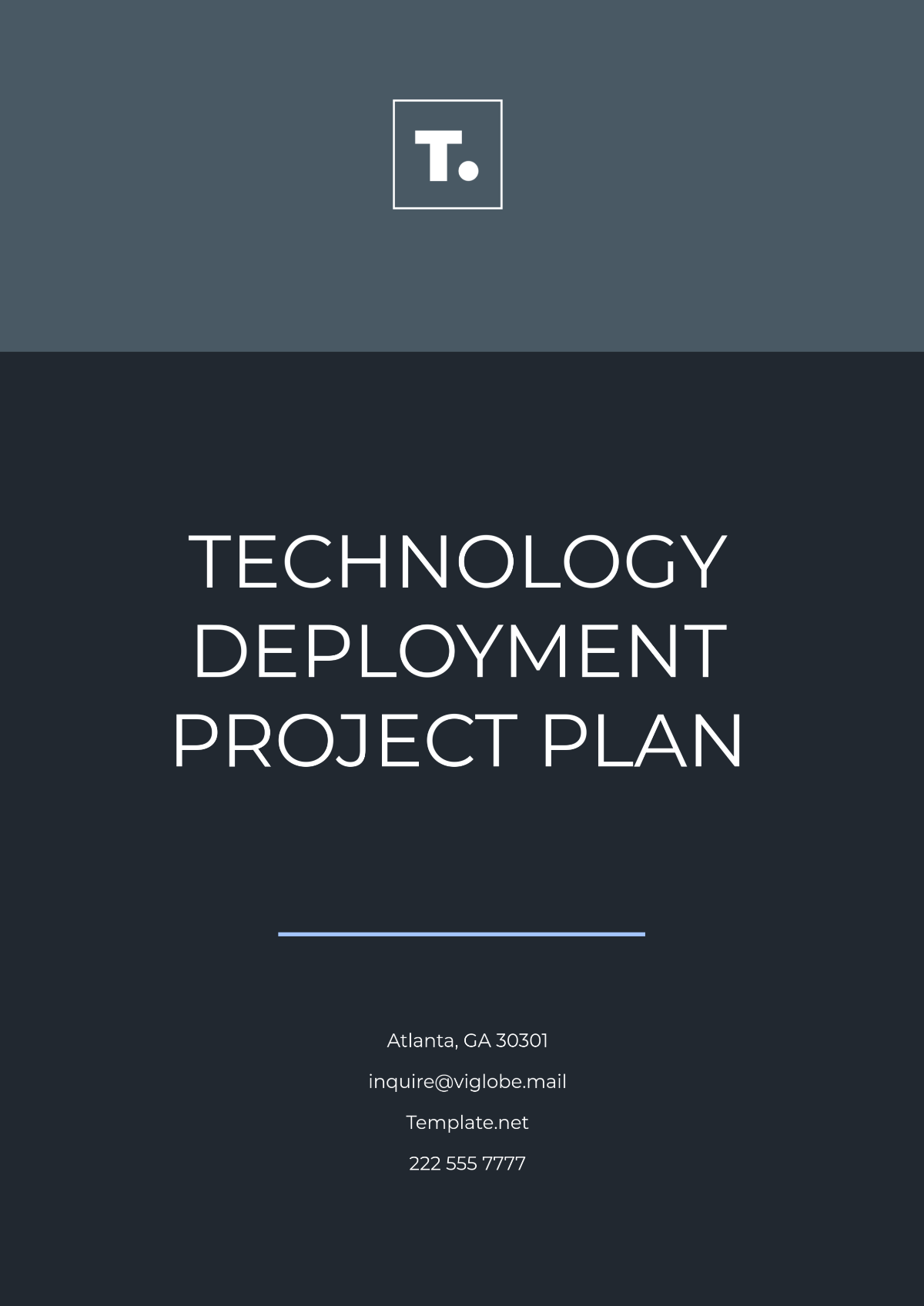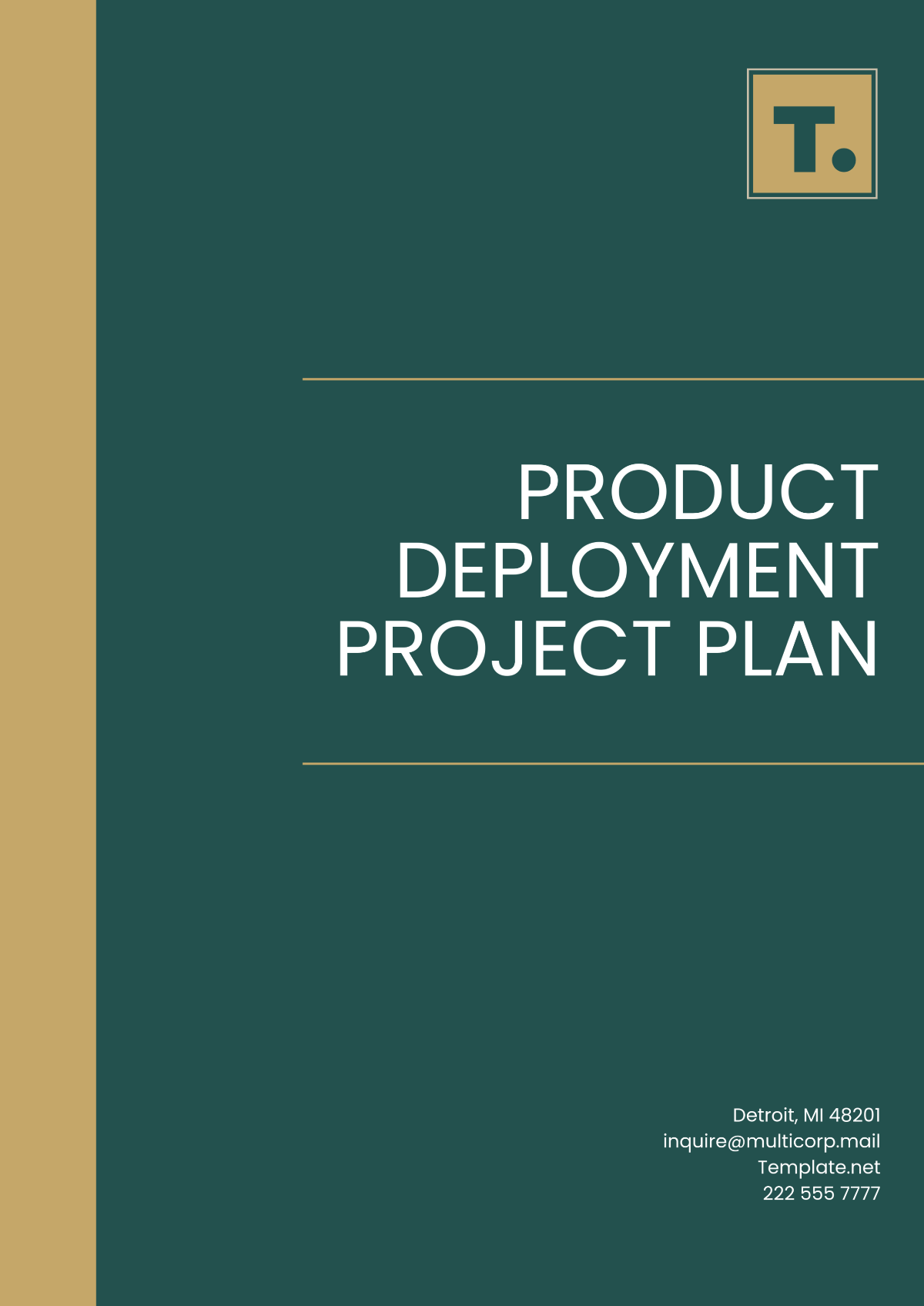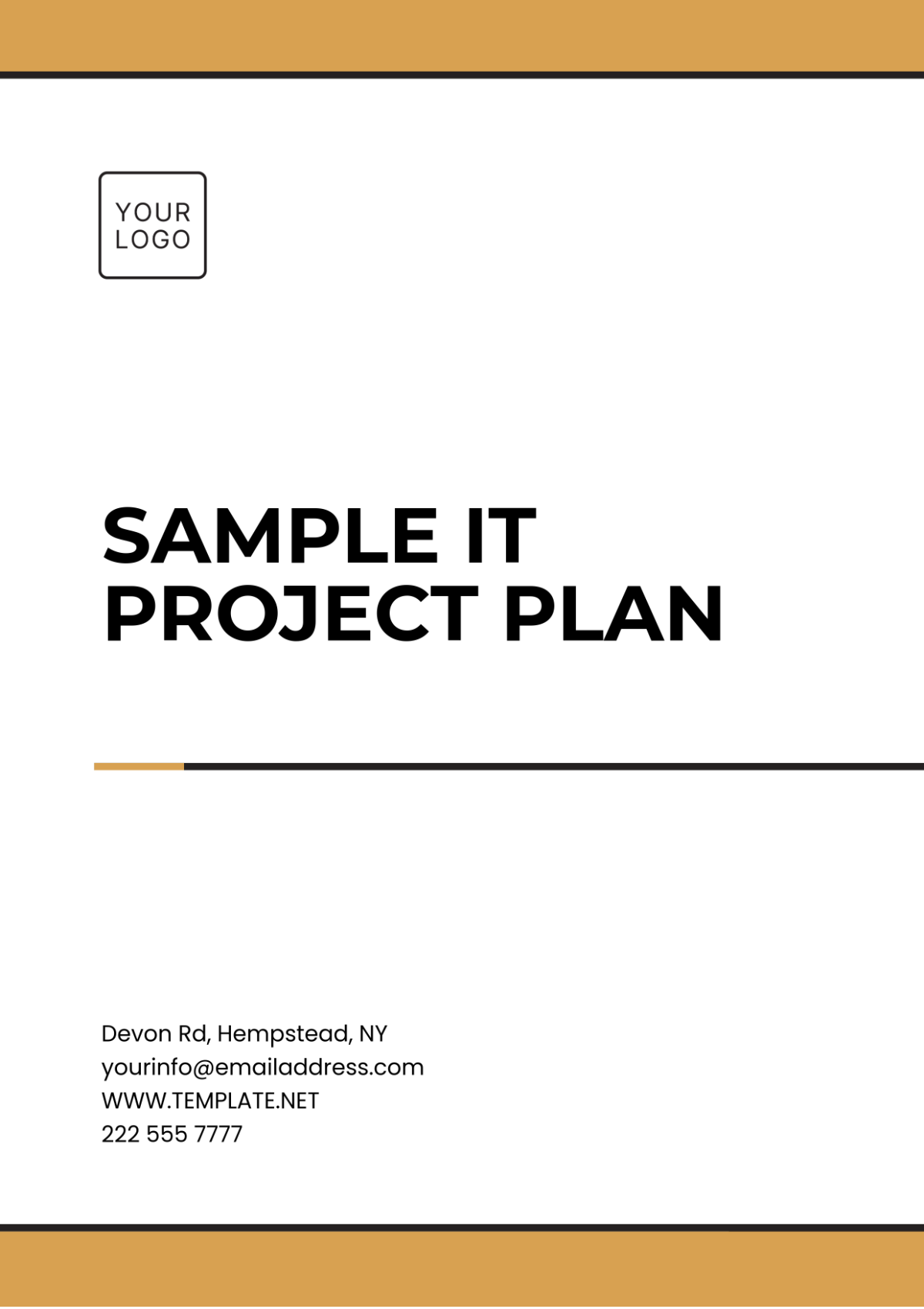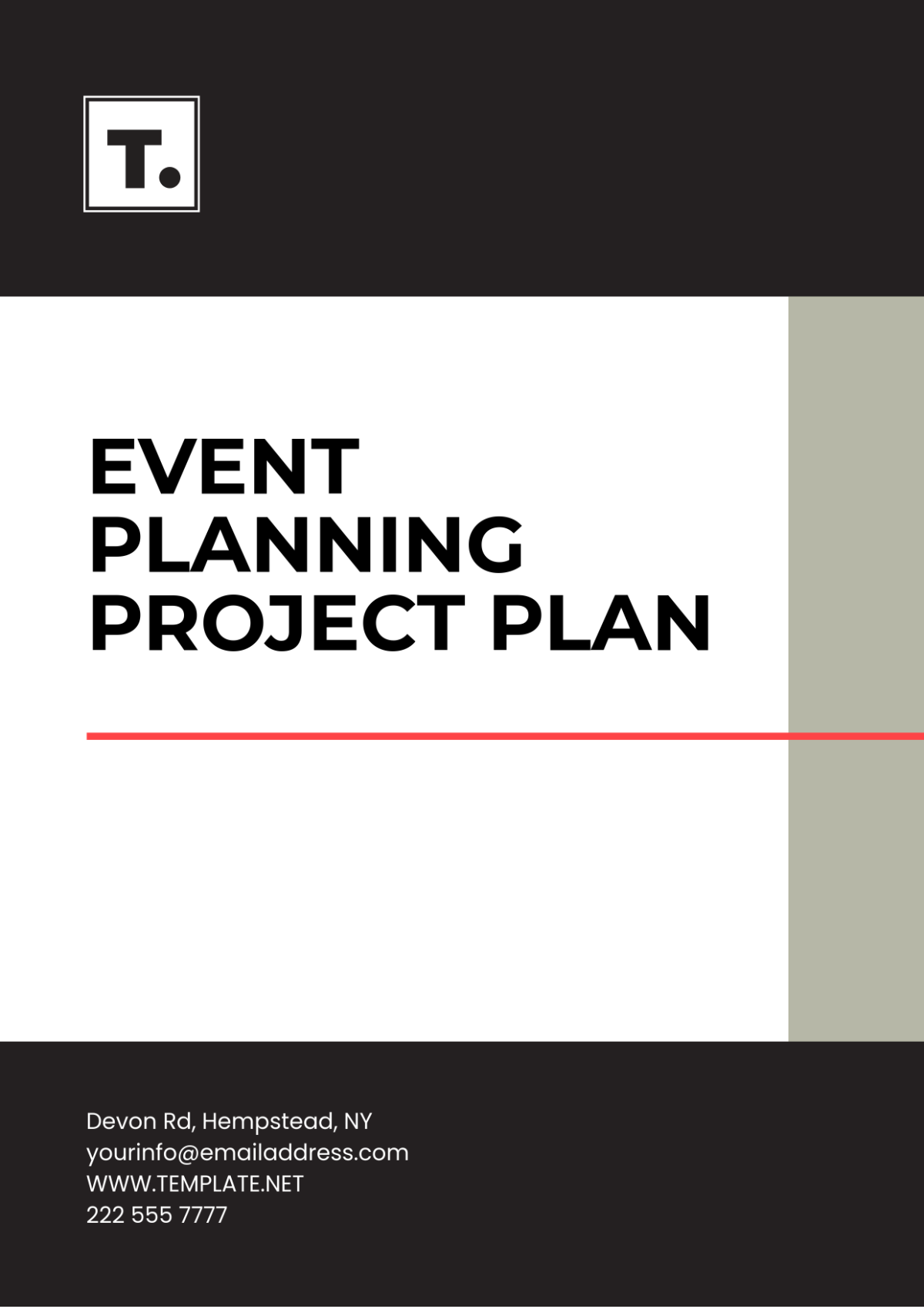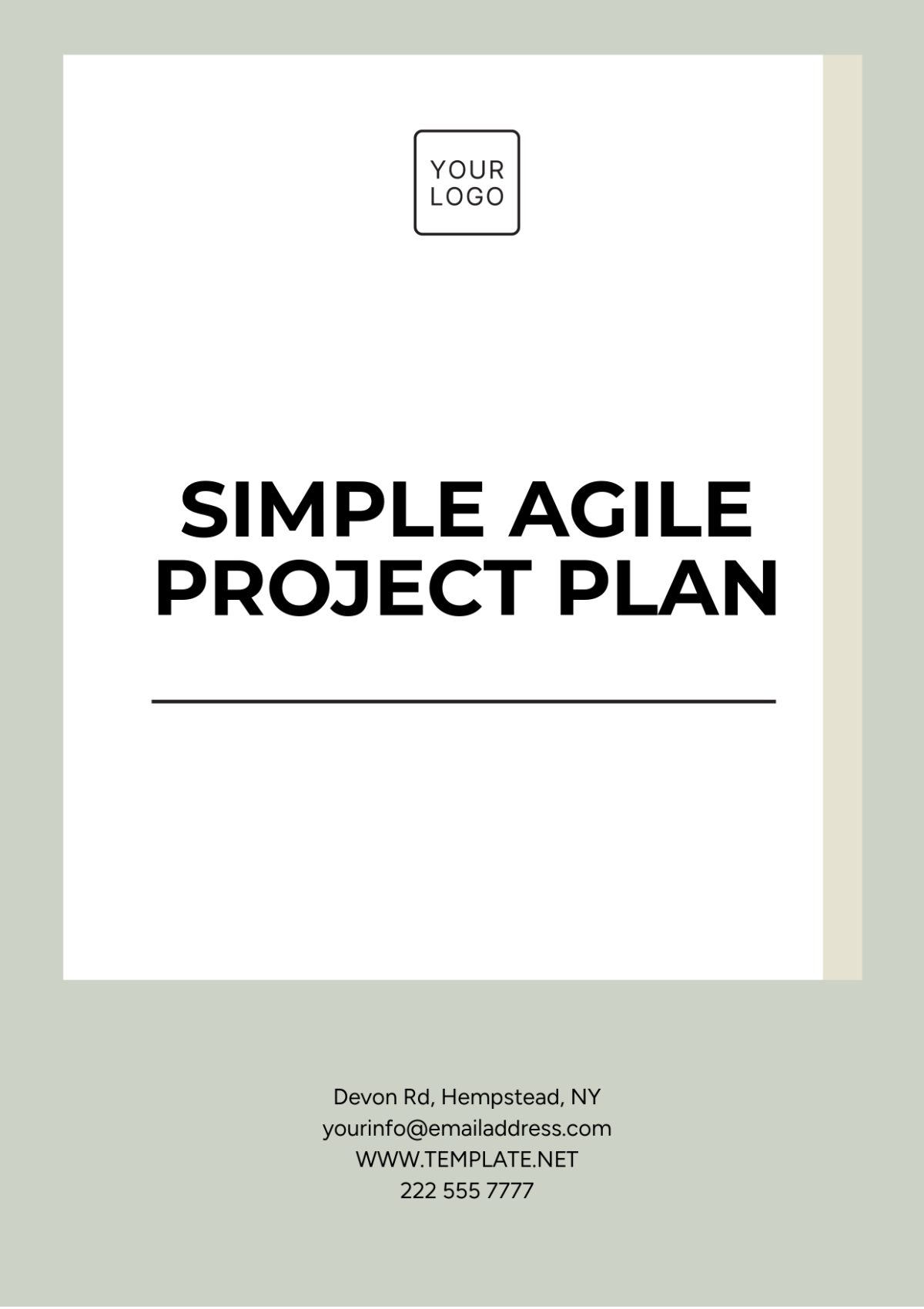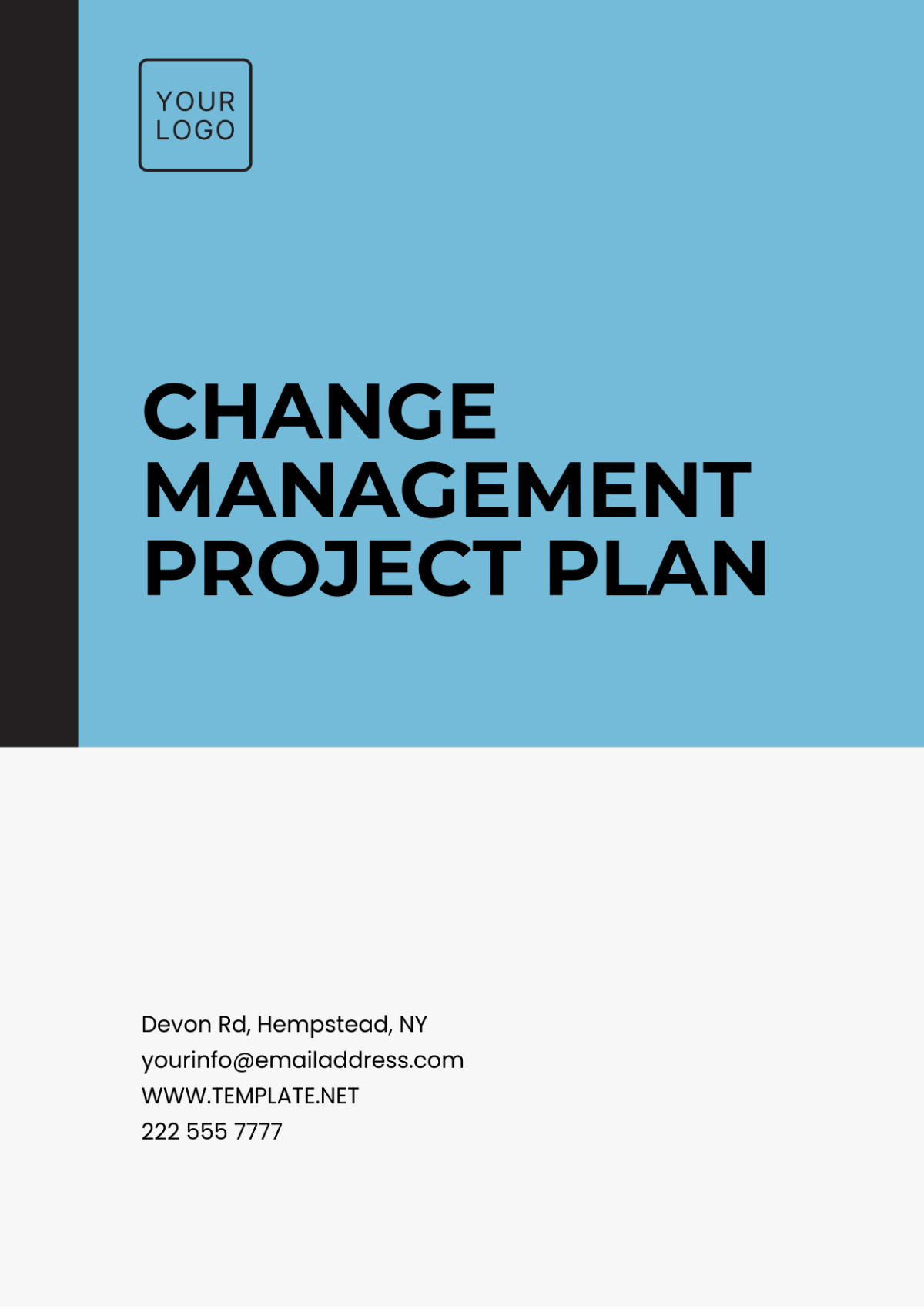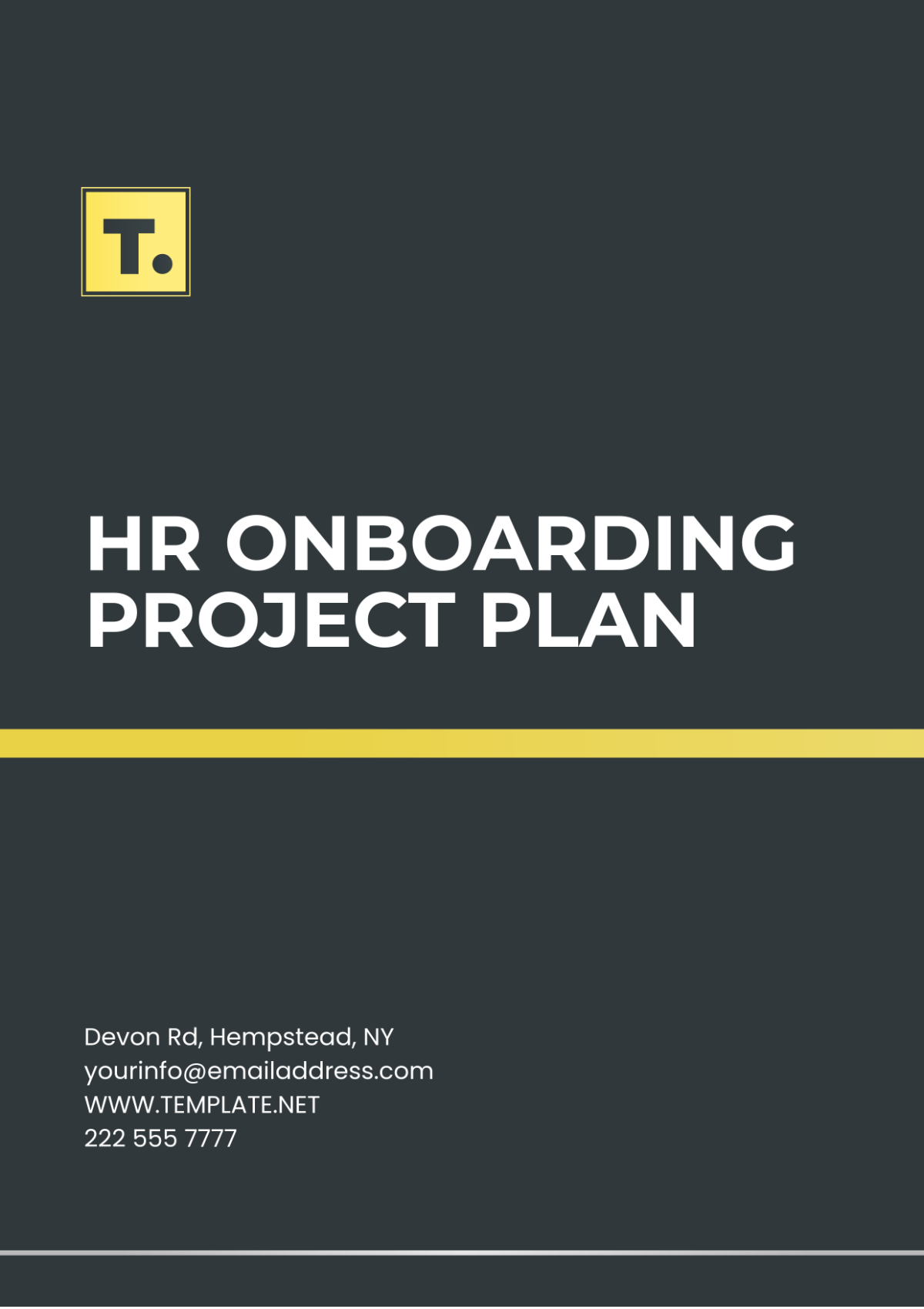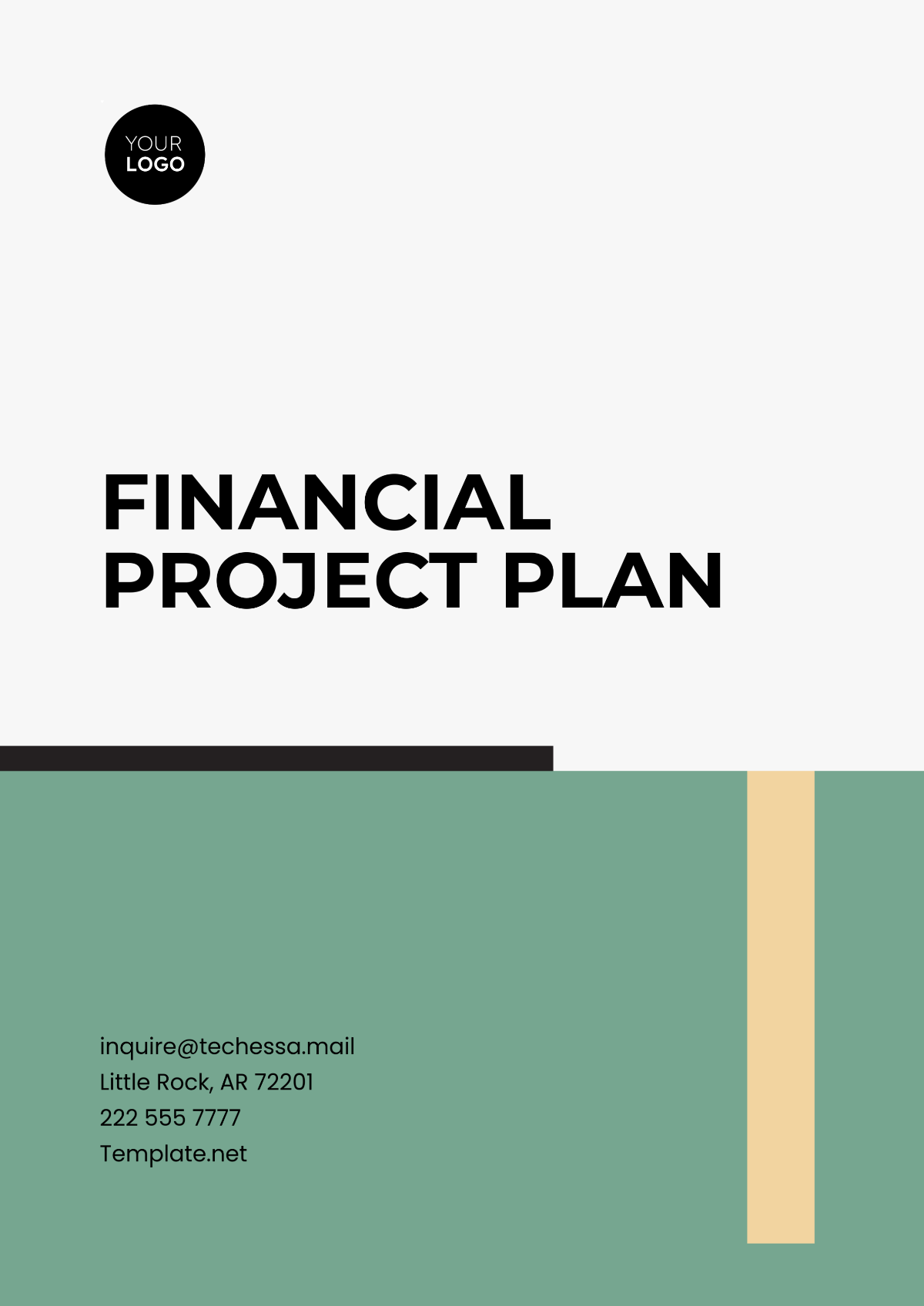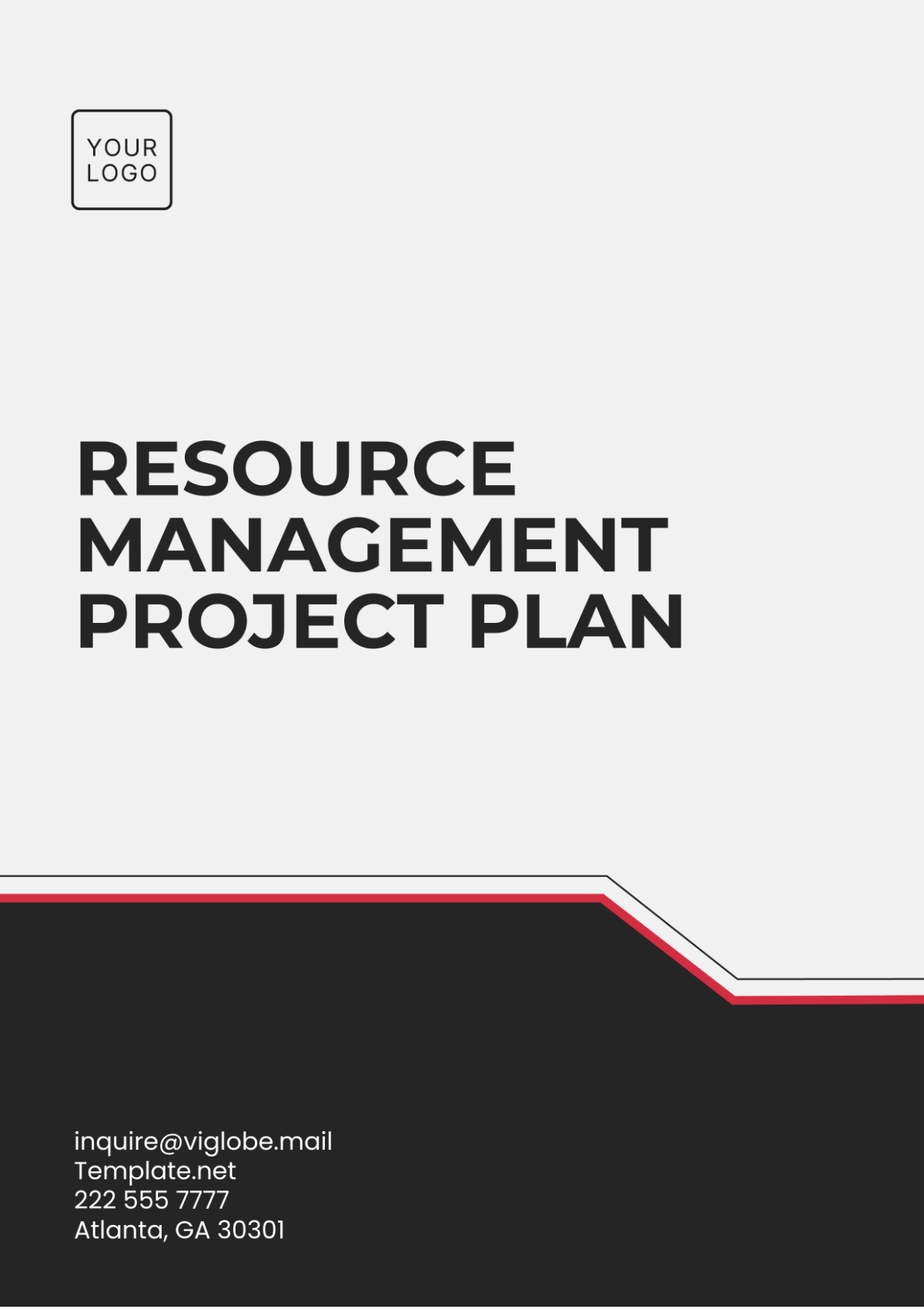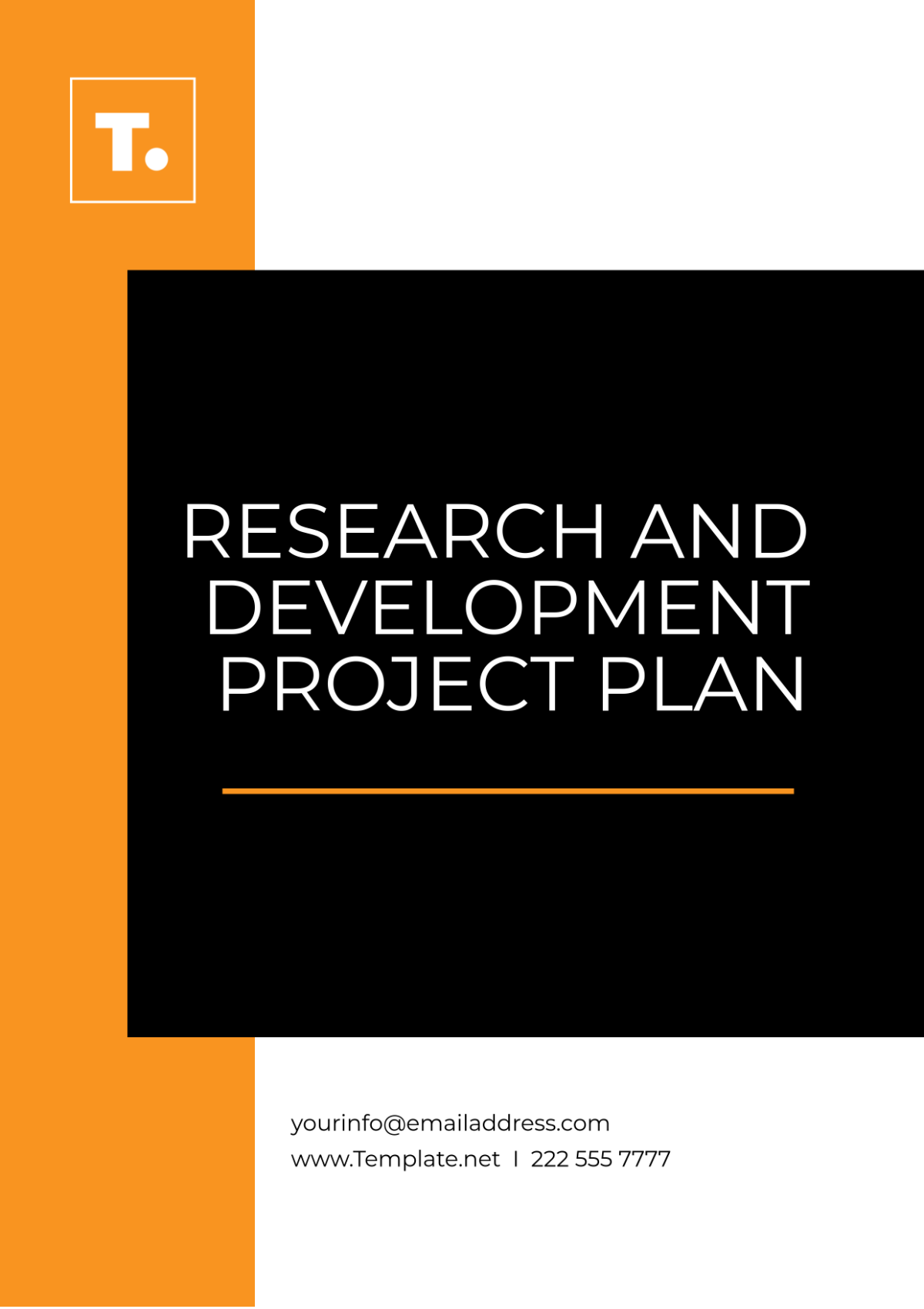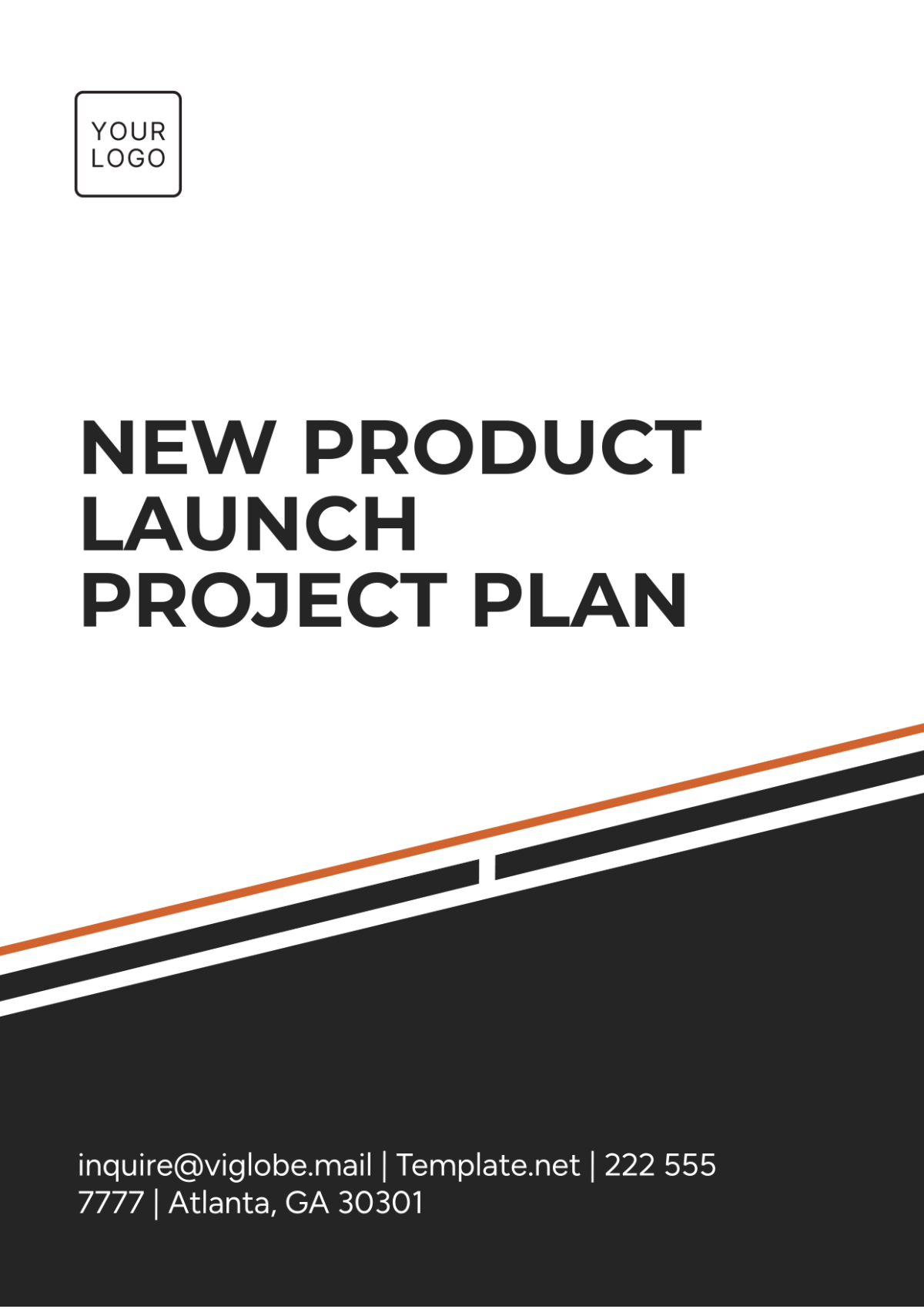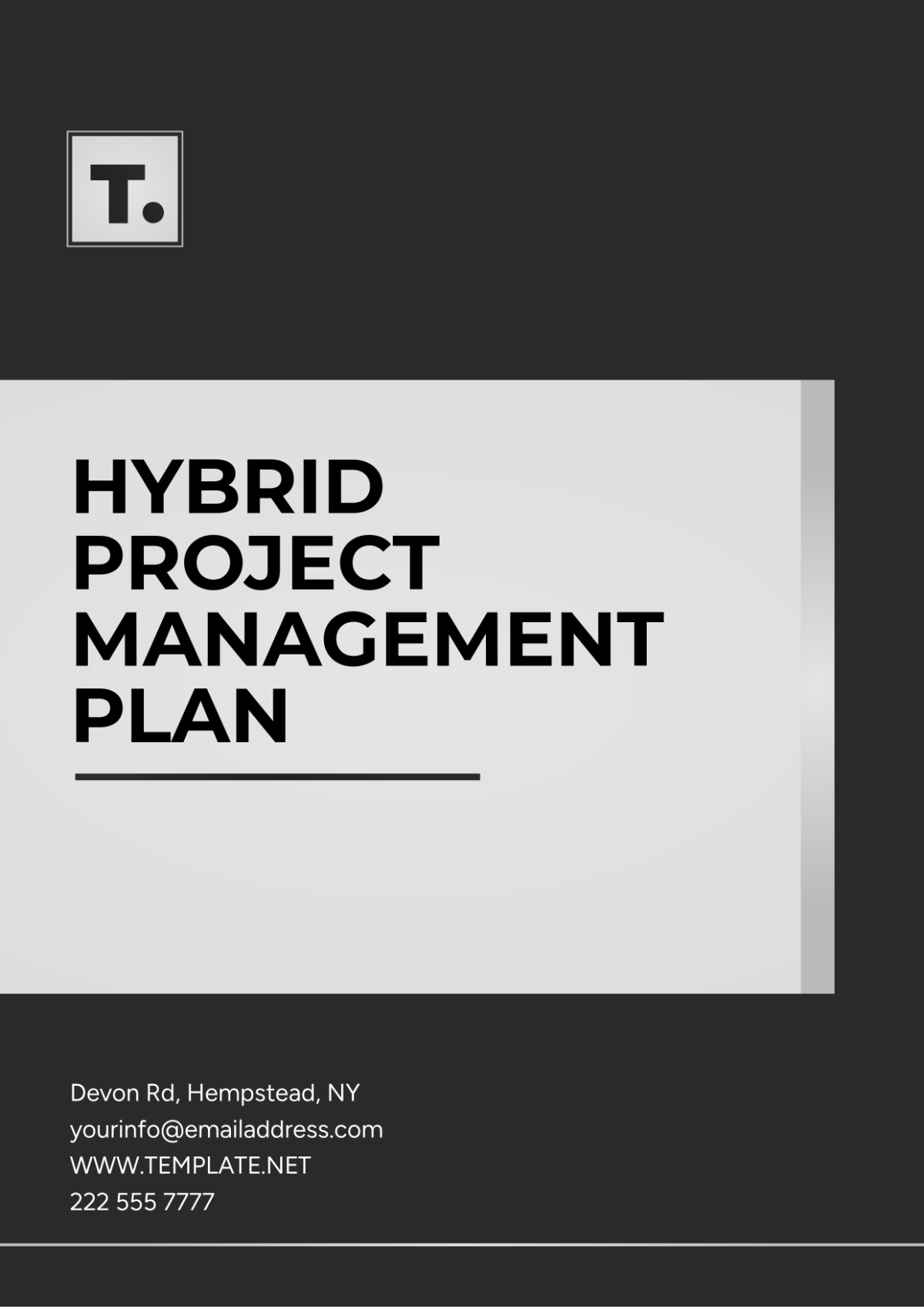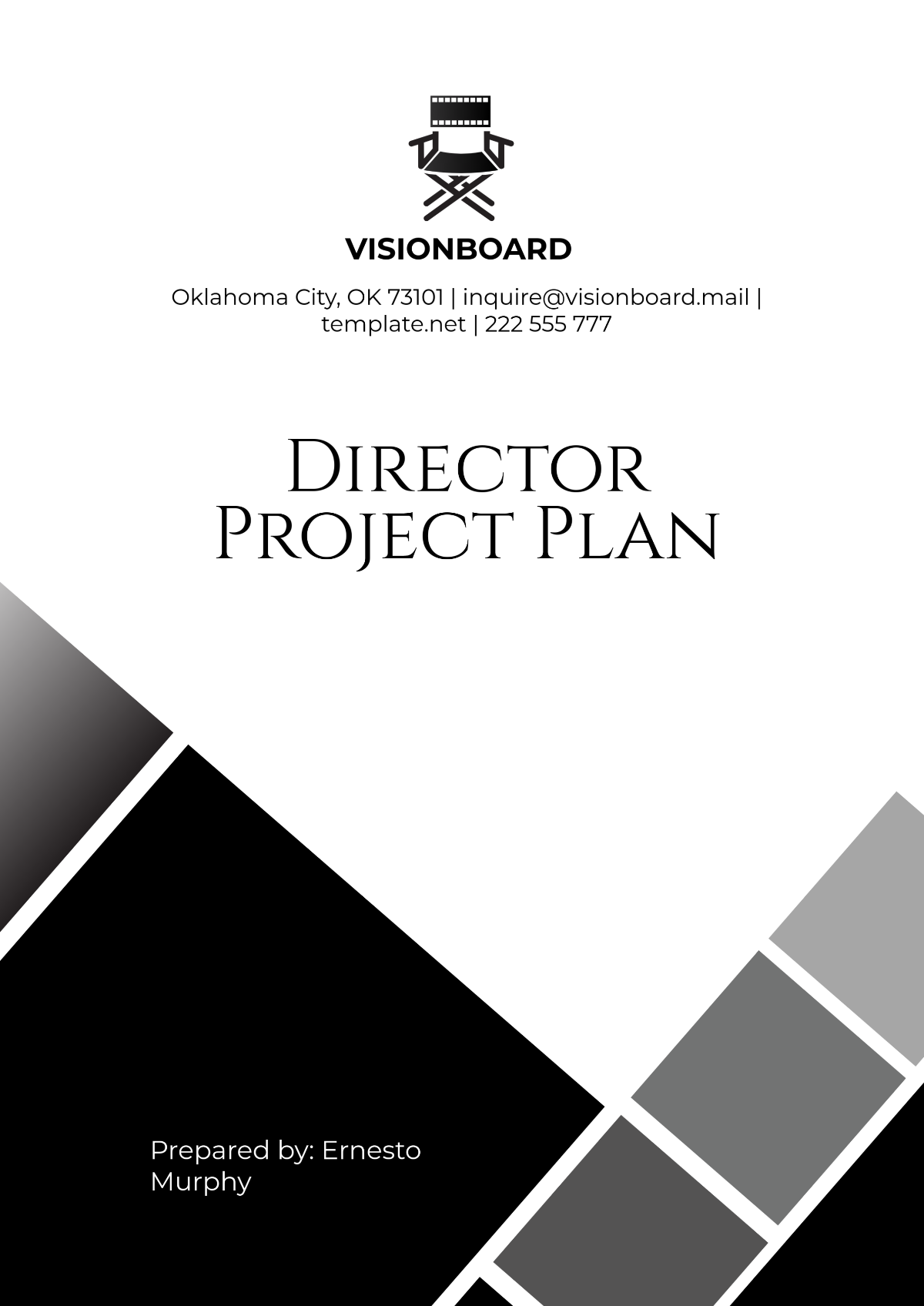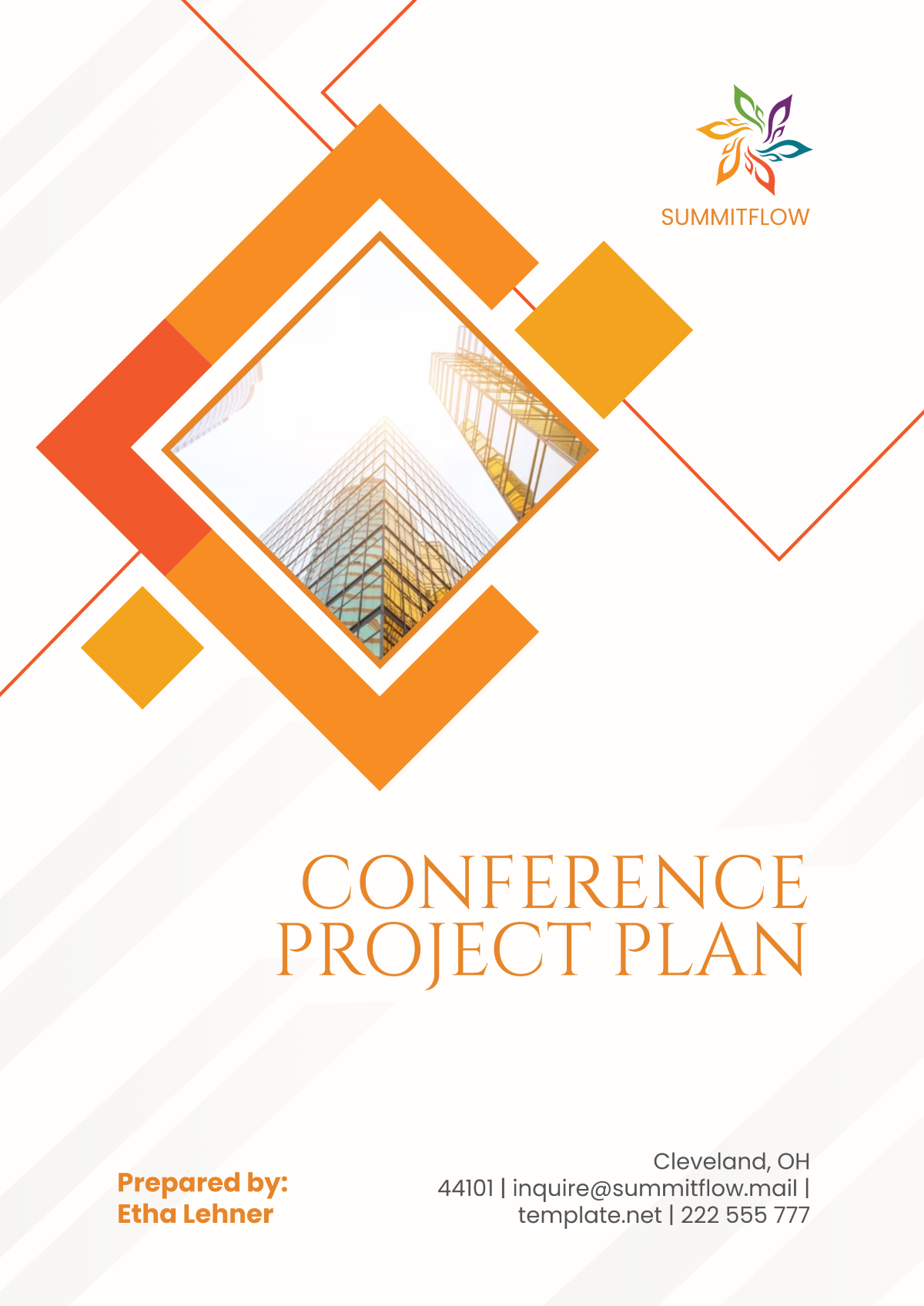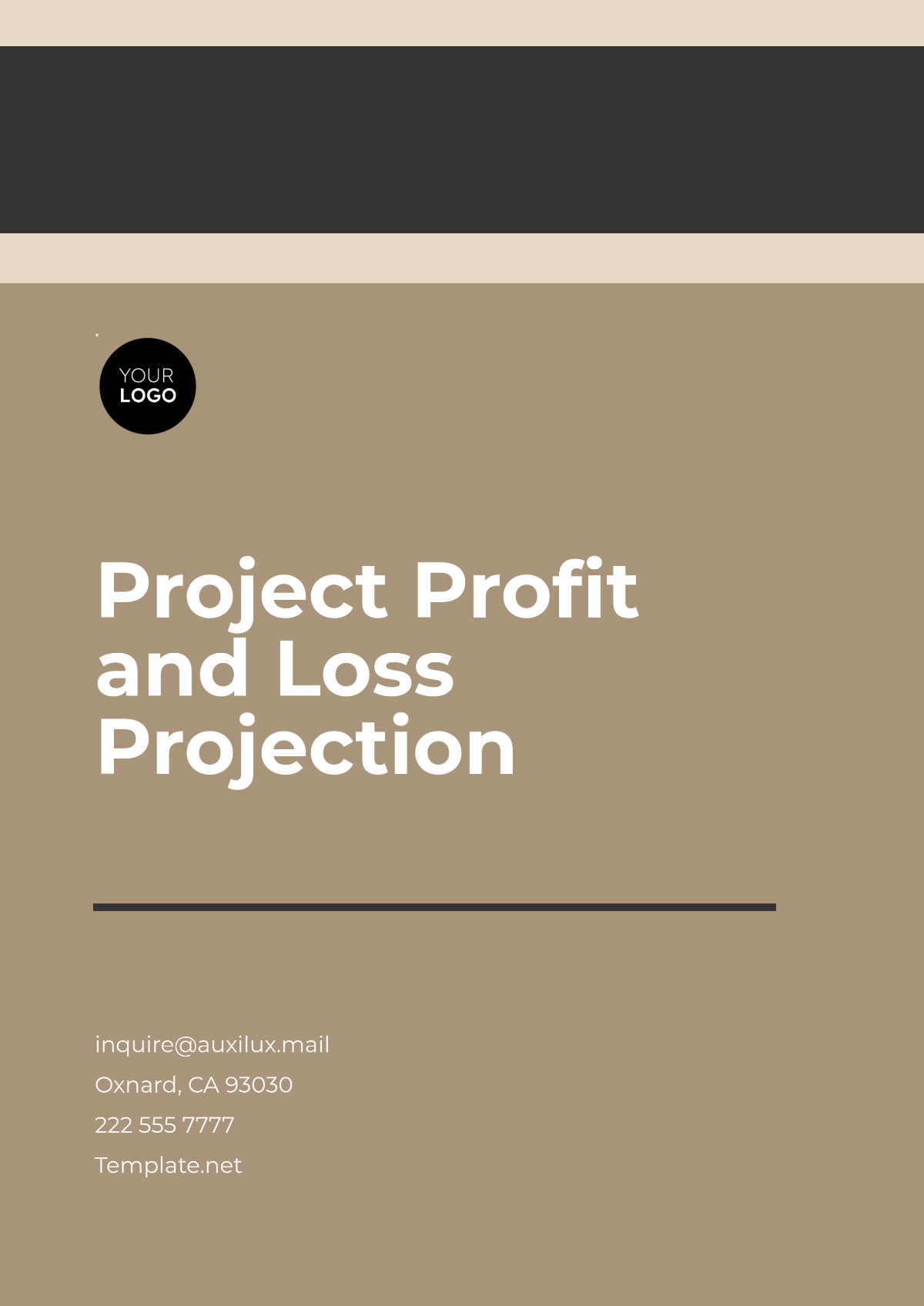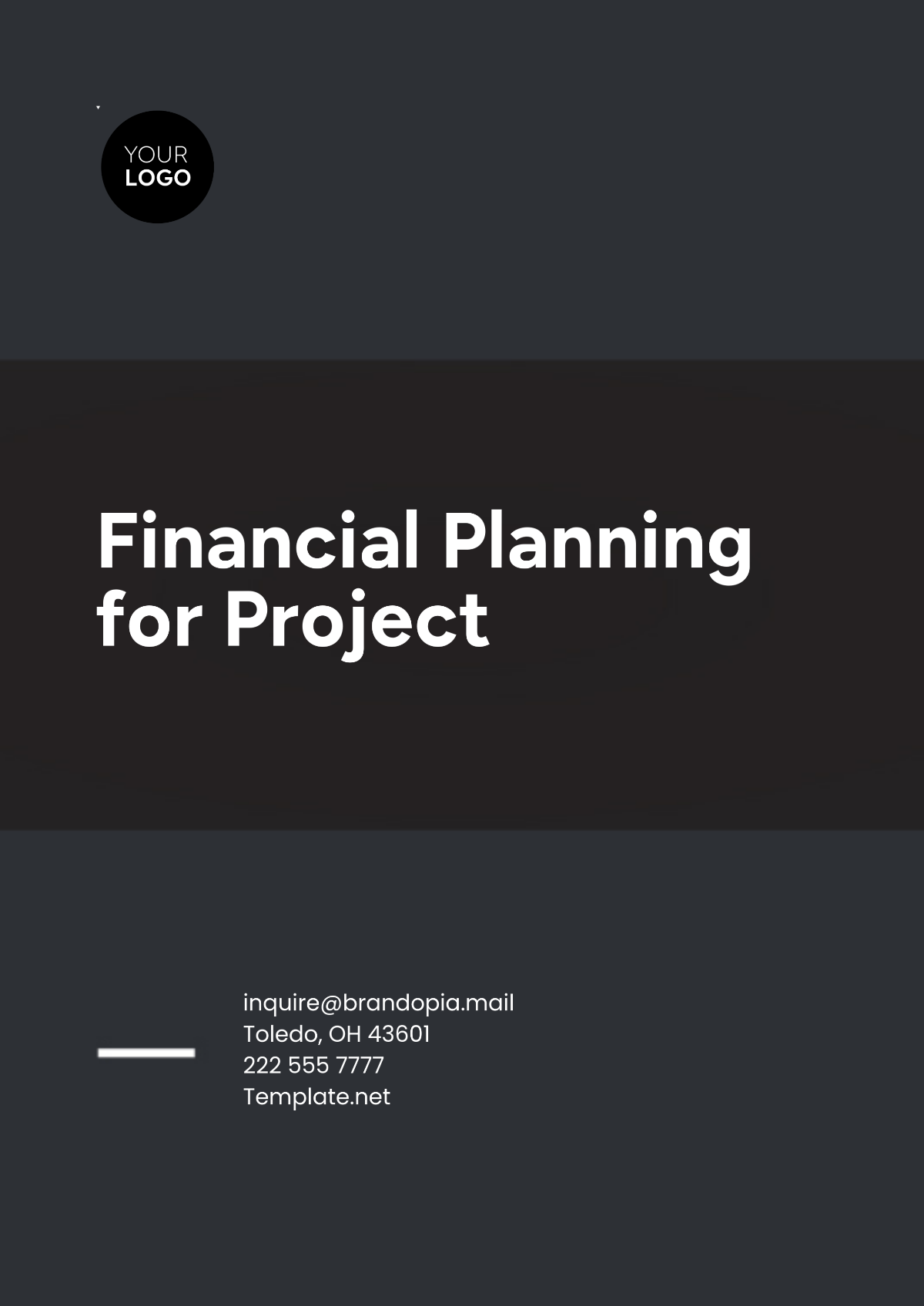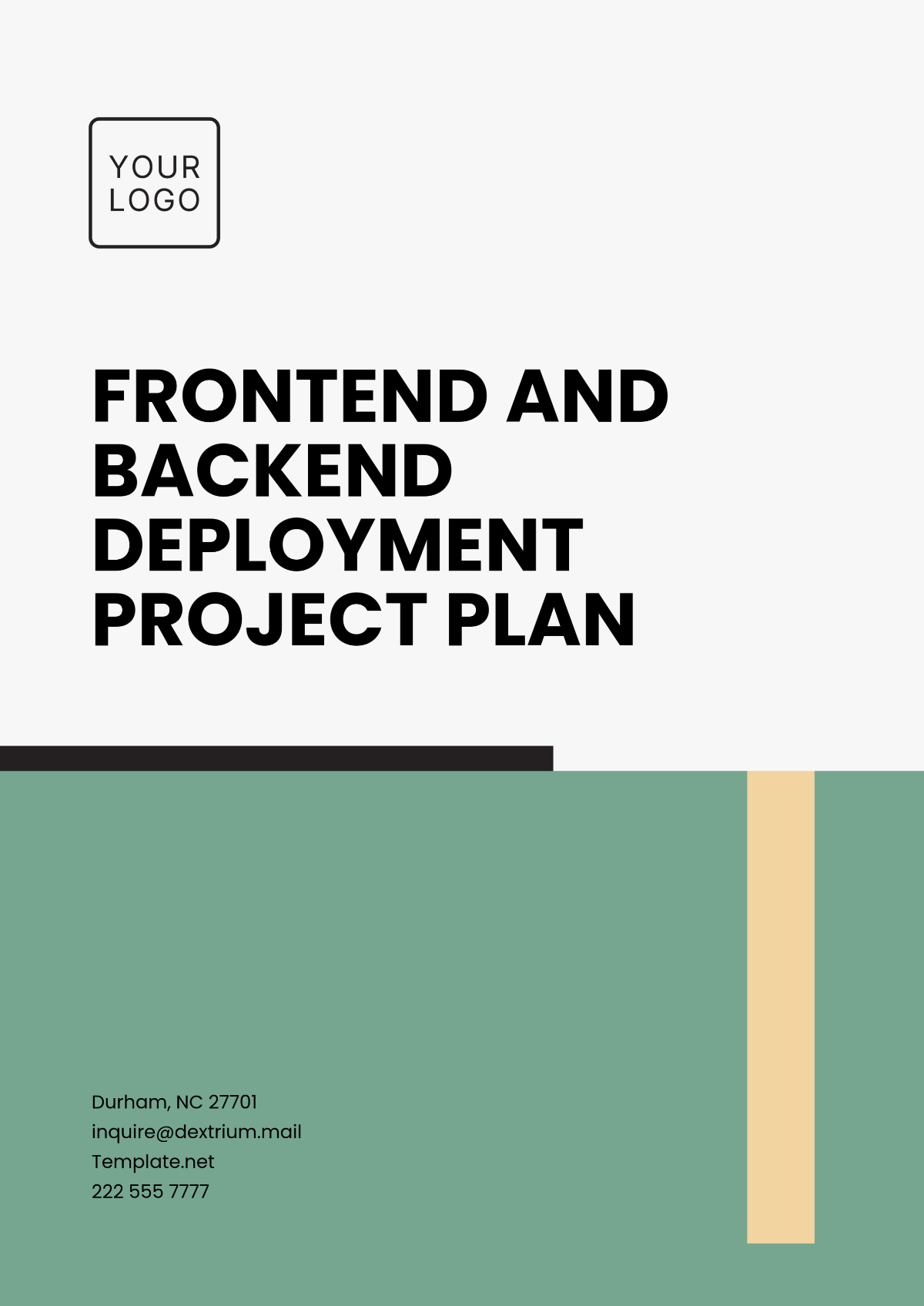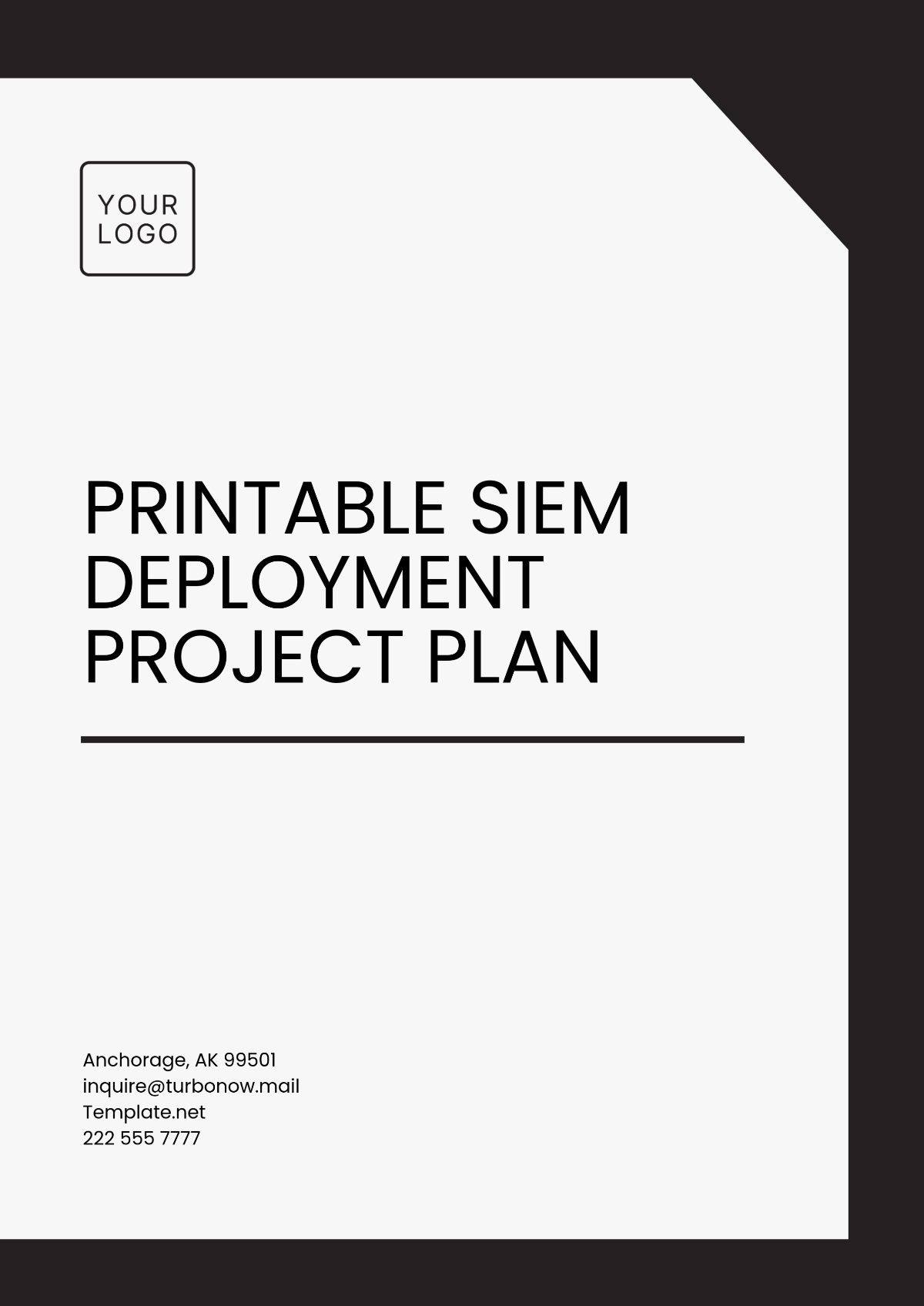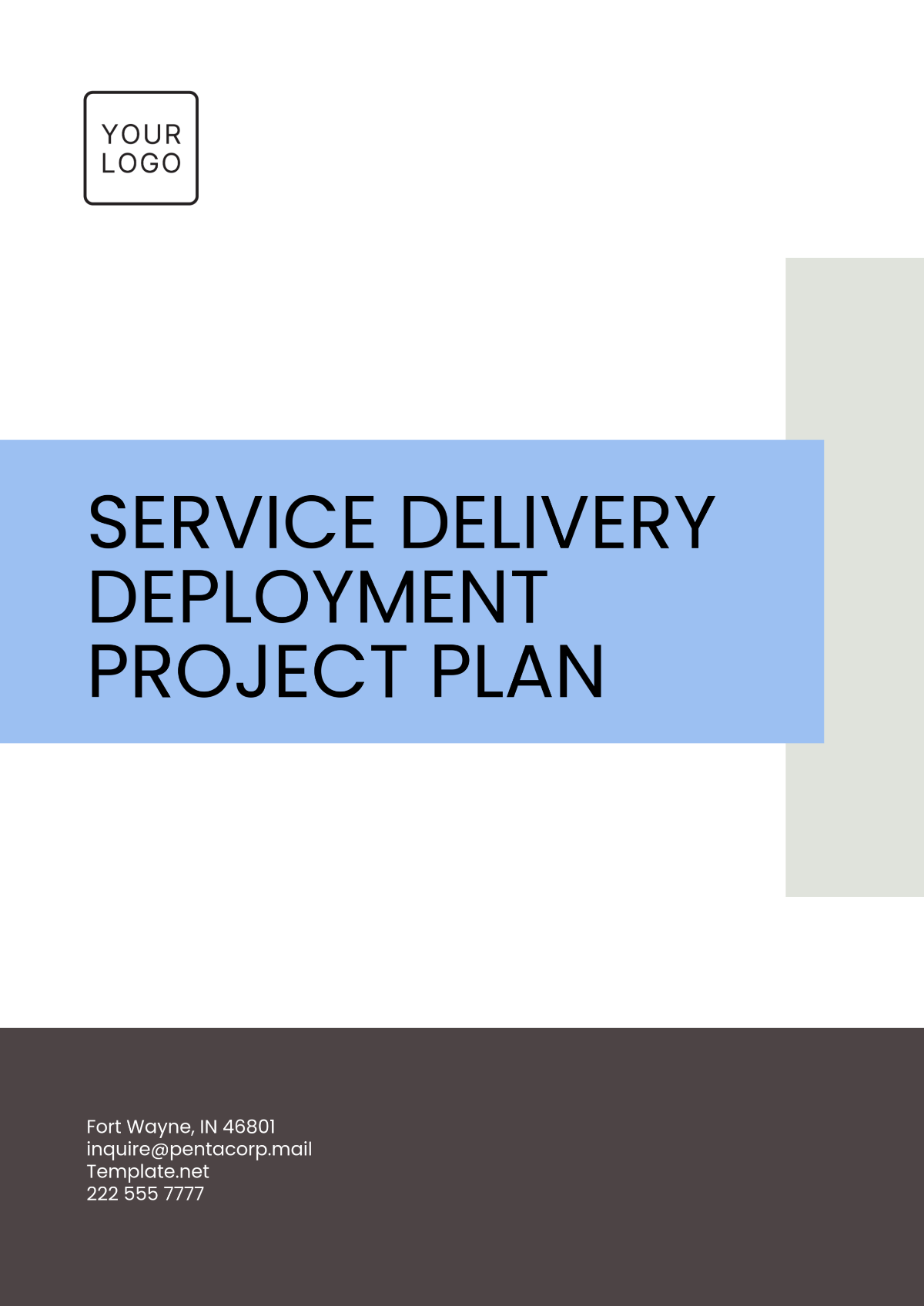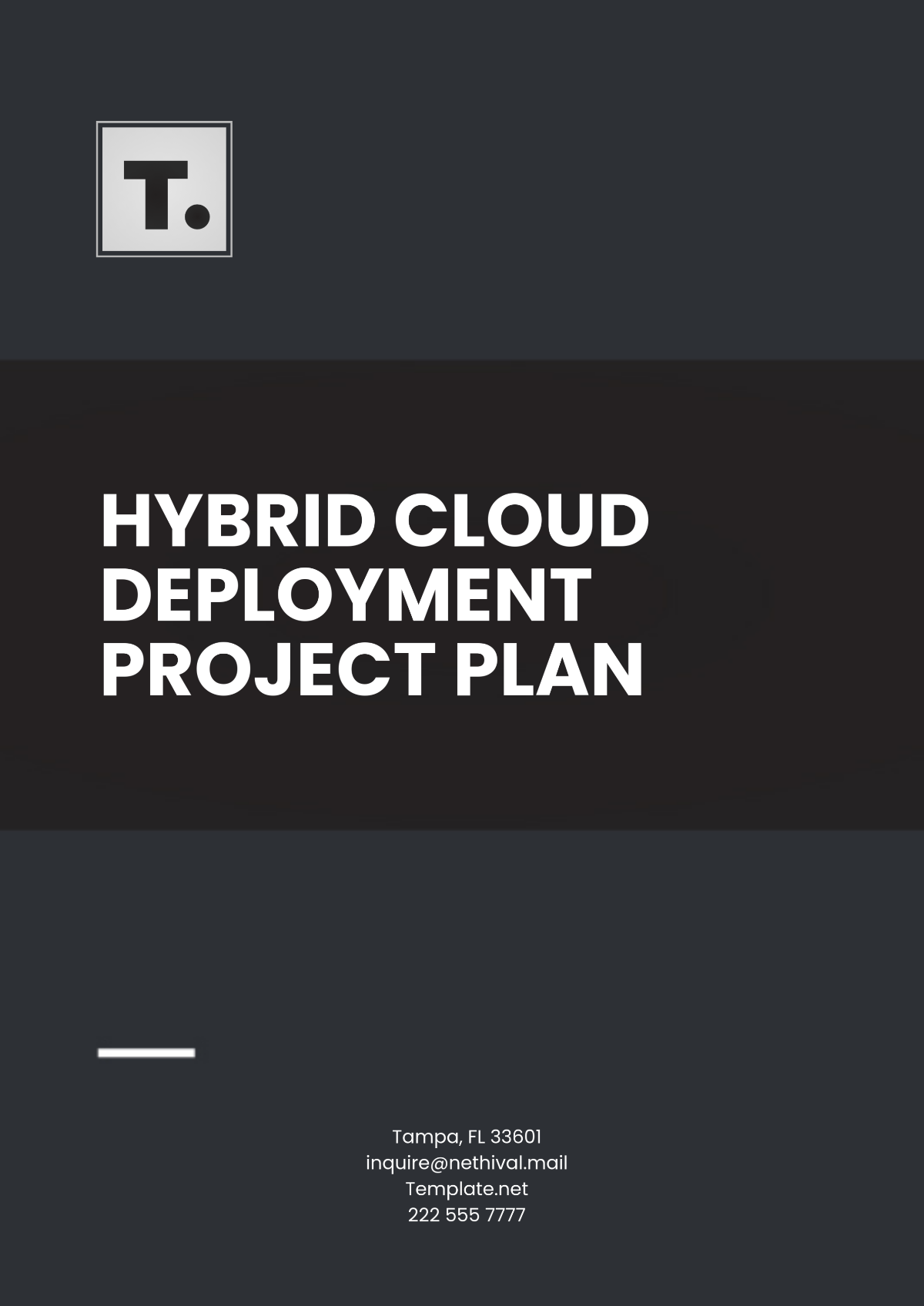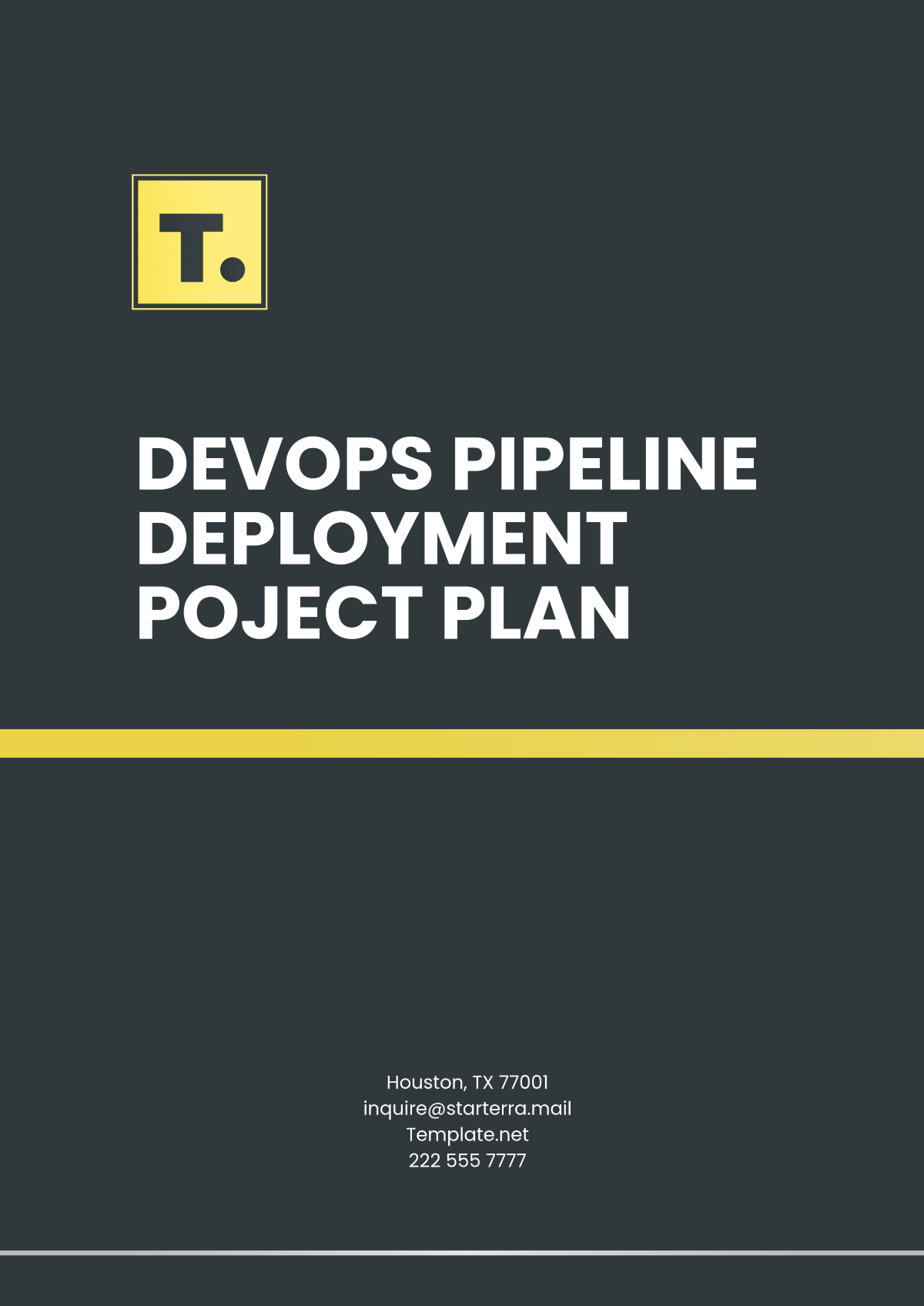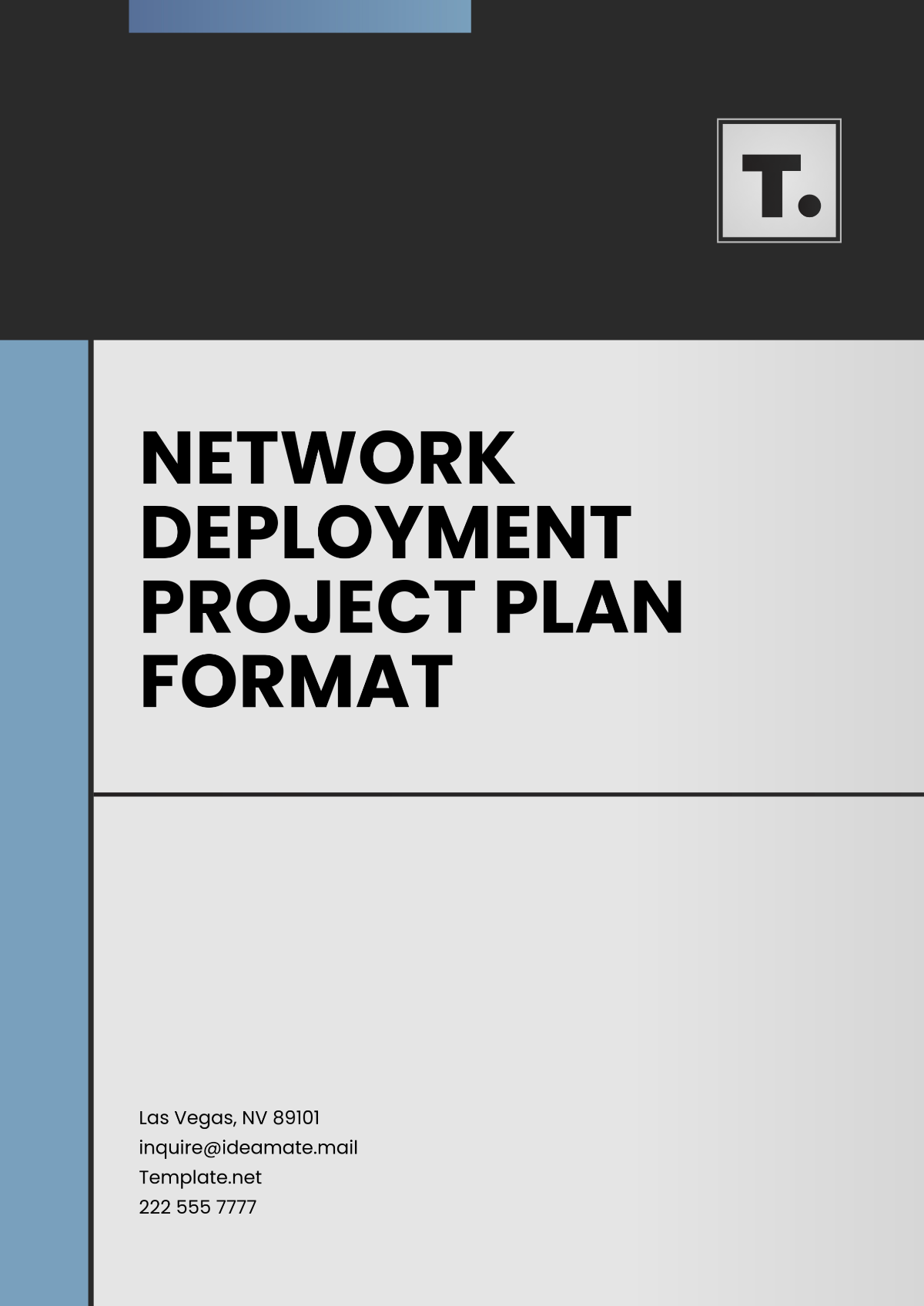Event Planning Project Plan
Project Manager: | [Your Name] |
Company: | [Your Company Name] |
Date: | [Date] |
I. Introduction
The purpose of this Event Planning Project Plan is to provide a comprehensive guide to planning, organizing, and executing a successful event. It outlines all necessary steps, tasks, and resources required to achieve the desired outcome. Effective event planning ensures that all aspects of the event are addressed on time, within budget, and to the satisfaction of all stakeholders.
II. Project Scope
The scope of this project covers all activities related to the planning and execution of the event. This includes venue selection, logistics management, vendor coordination, marketing, and post-event evaluation. The project will follow a structured process to ensure a seamless experience for attendees while meeting the goals and objectives of the event.
Goals and Objectives
Define the purpose and objectives of the event.
Identify the target audience.
Establish key performance indicators (KPIs) to measure success.
III. Timeline
The project timeline includes all major milestones and activities required to successfully plan and execute the event. It acts as a roadmap to ensure that all elements are completed systematically and on time.
Phase | Activities | Duration |
|---|---|---|
Initiation | Define event objectives, scope, and stakeholders. | 1 week |
Planning | Develop a detailed plan covering the venue, budget, and vendors. | 3 weeks |
Execution | Coordinate logistics, marketing, and on-site activities. | 4 weeks |
Closure | Conduct post-event analysis and report findings. | 1 week |
IV. Budget
The budget outlines the financial resource allocation for the project. It helps in tracking expenses and ensuring that the project stays within financial limits. A detailed budget is crucial for financial accountability and transparency.
Budget Breakdown
Venue Costs: Rental fees and deposits.
Marketing and Promotion: Advertisements, social media, and public relations.
Logistics: Transportation, accommodation, and catering.
Miscellaneous: Contingency fund, permits, and insurance.
V. Risk Management
Risk management is a critical part of the event planning process. Identifying potential risks early allows the team to develop strategies to mitigate these risks, ensuring a smoother execution phase. This involves a thorough risk assessment and the implementation of contingency plans.
Potential Risks
Budget Overruns: Unforeseen expenses leading to budget challenges.
Timeline Delays: Unexpected issues pushing back key deadlines.
Vendor Issues: Non-compliance or failure to deliver by vendors.
VI. Stakeholder Engagement
Engaging stakeholders throughout the project is essential for buy-in and support. This includes regular communication and updates to ensure alignment with the project objectives and to address any concerns proactively.
Stakeholder Communication Plan
Regular Meeting Schedule: Weekly updates and reviews.
Event Updates: Detailed reports circulated monthly.
Feedback Mechanisms: Surveys and feedback forms post-event.
VII. Conclusion
Successful event planning requires meticulous attention to detail, strategic planning, and effective communication. By following this comprehensive project plan, the team can ensure a well-organized and impactful event that meets or exceeds the expectations of all stakeholders involved.
